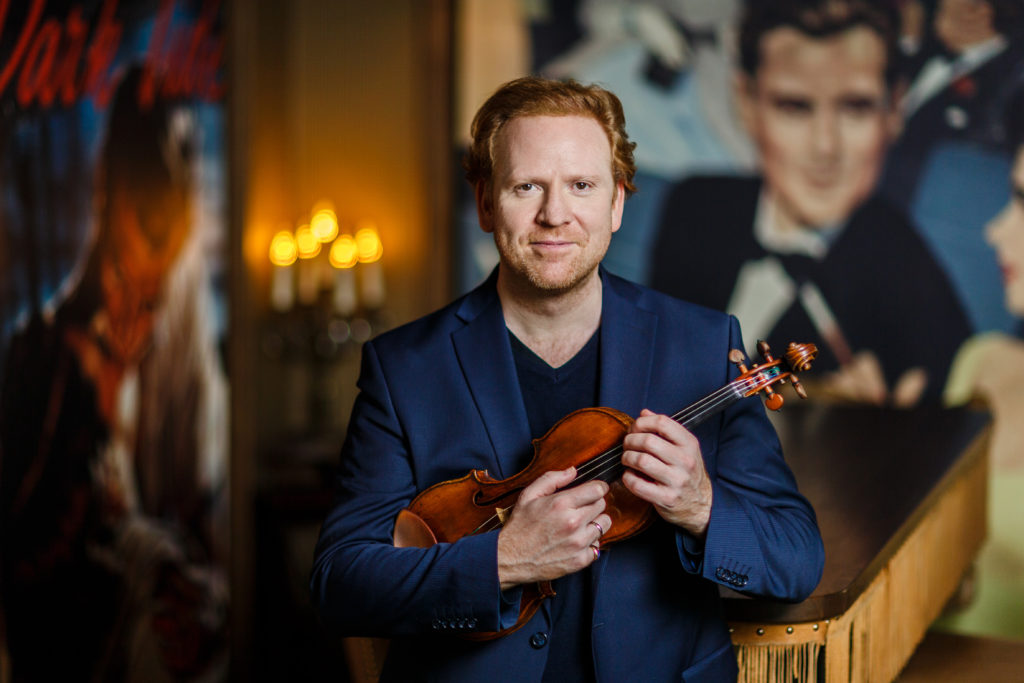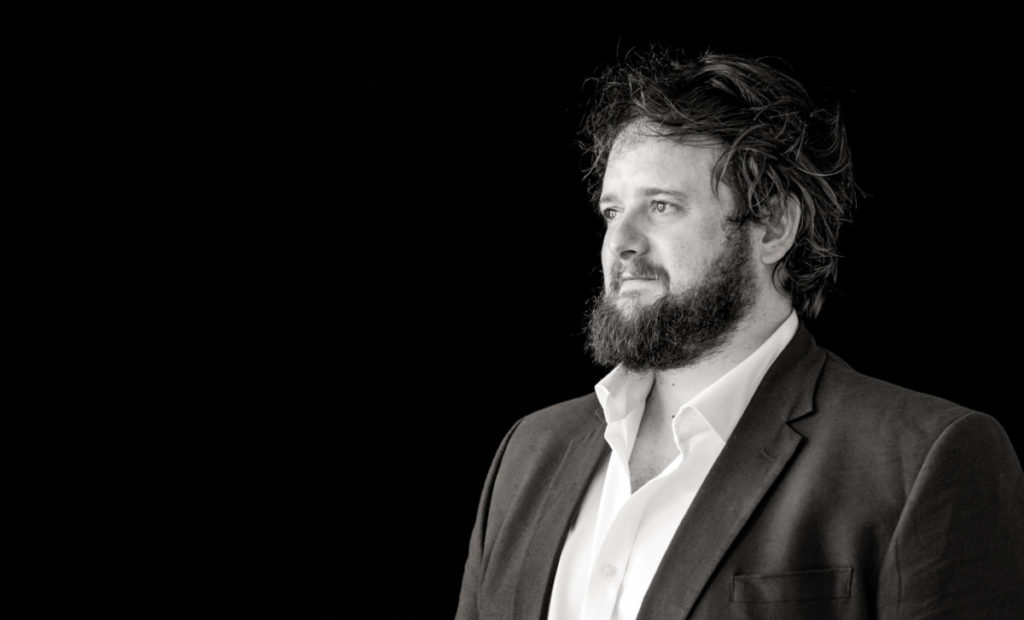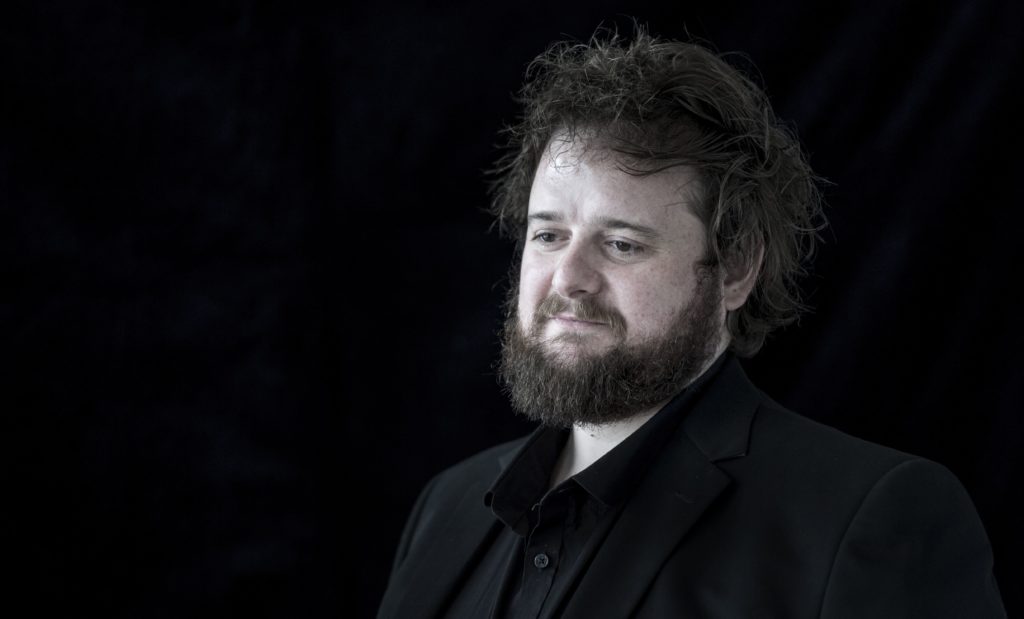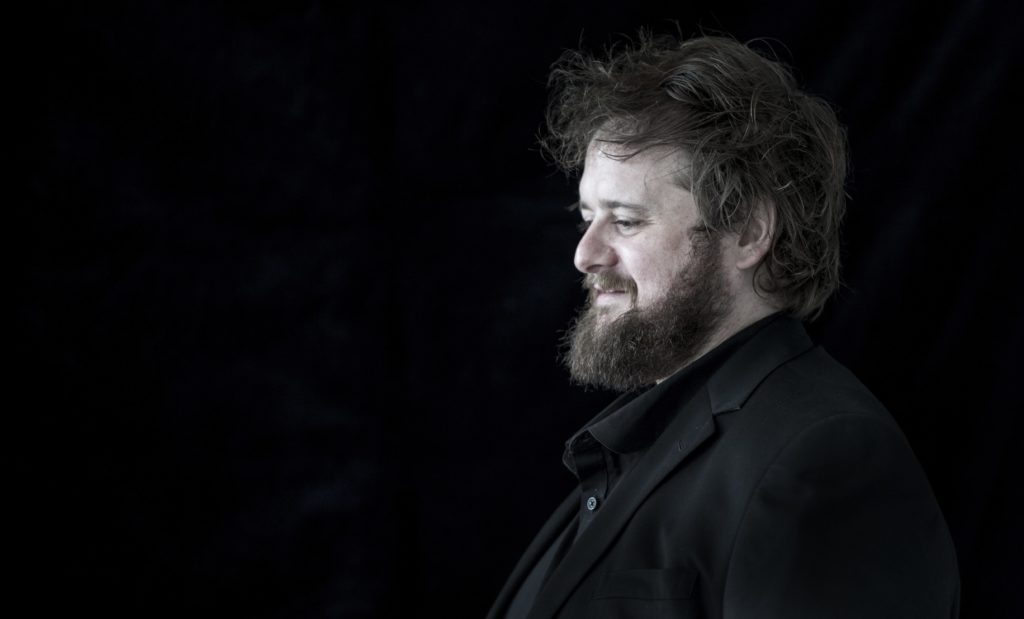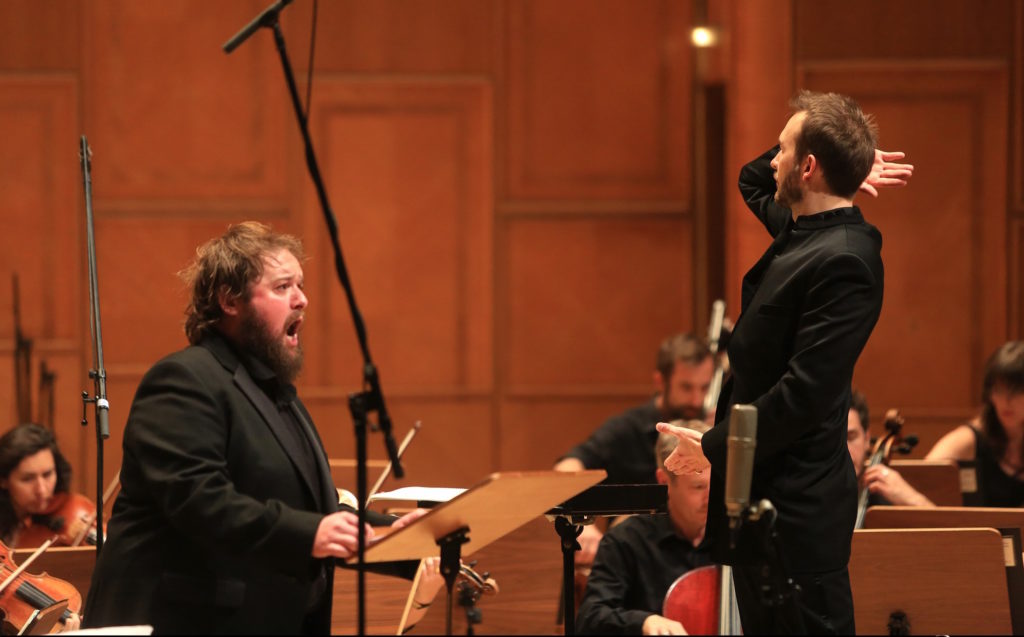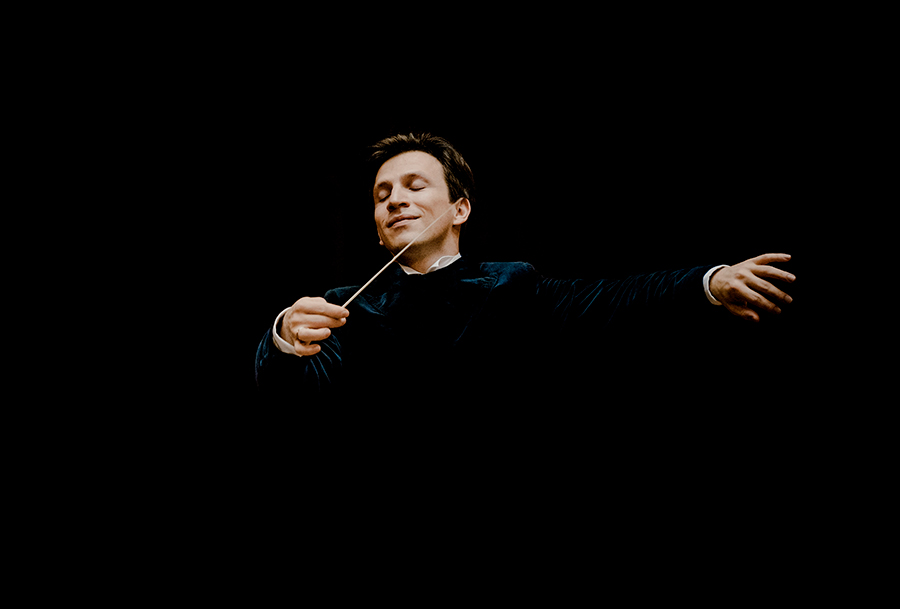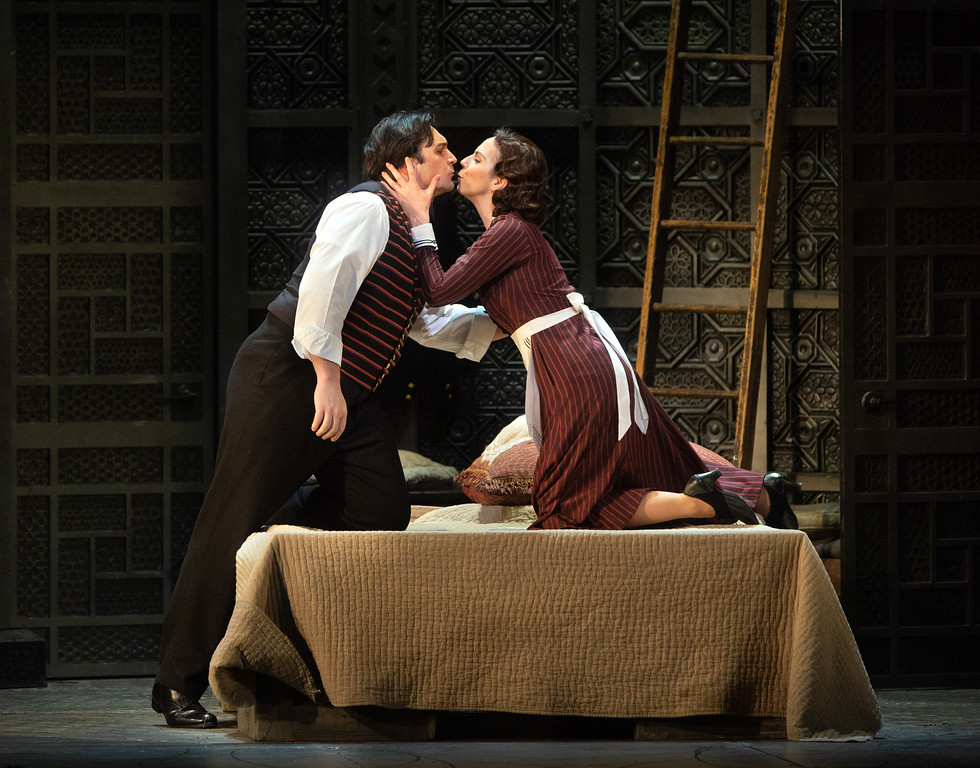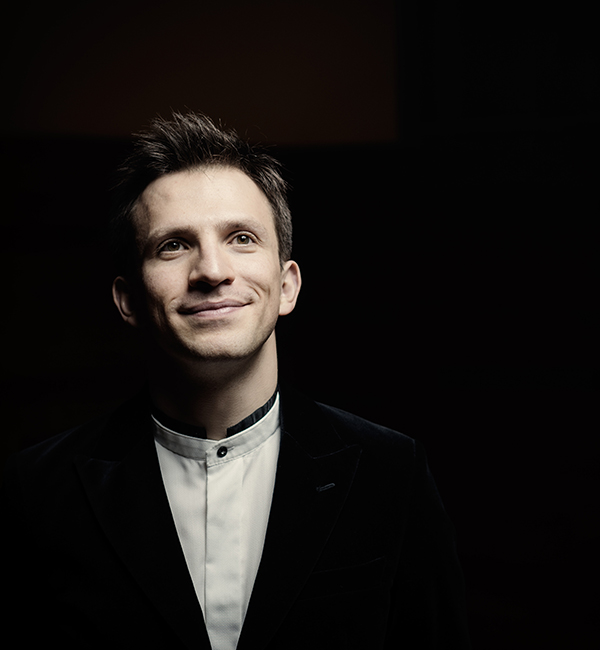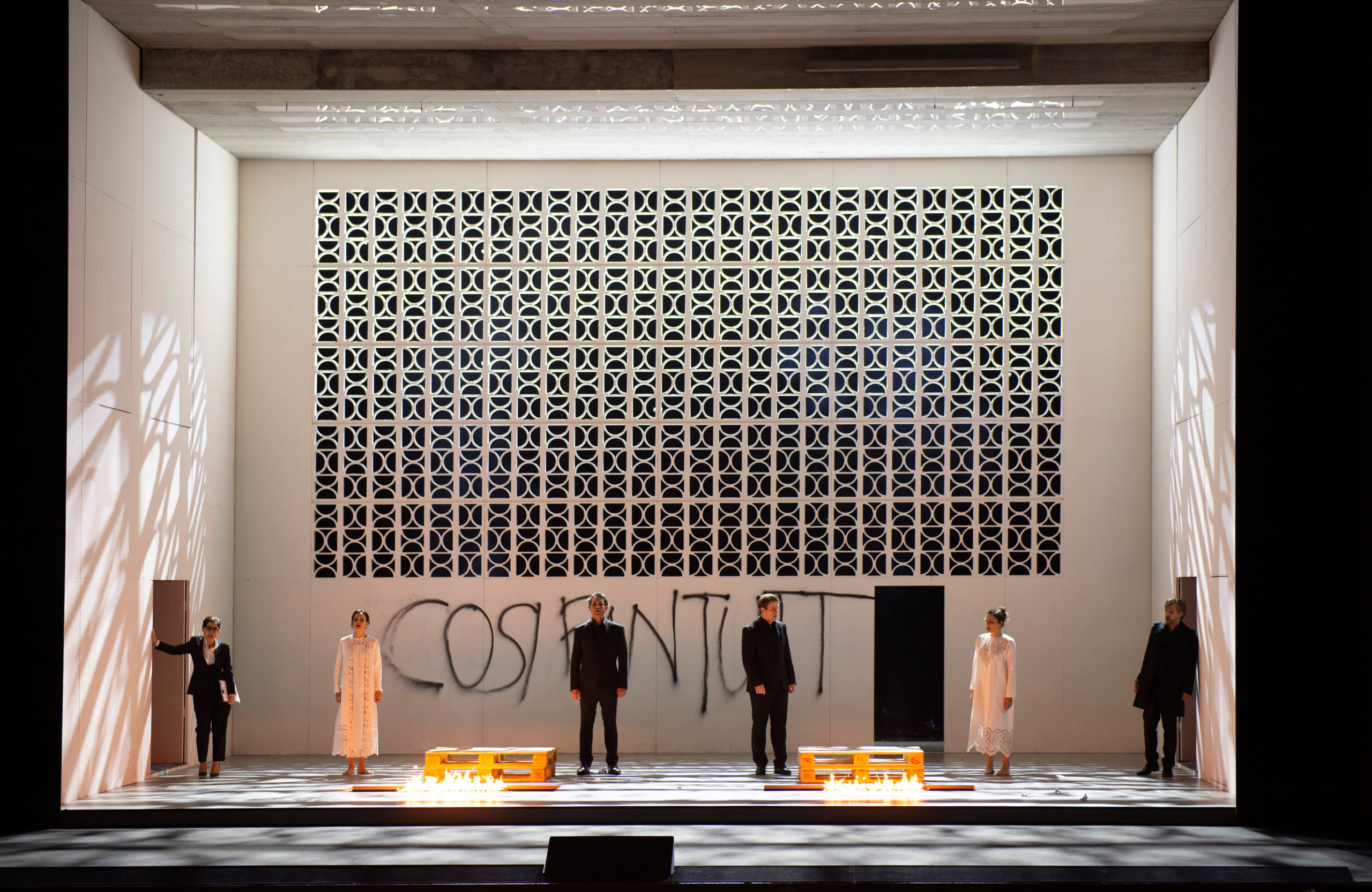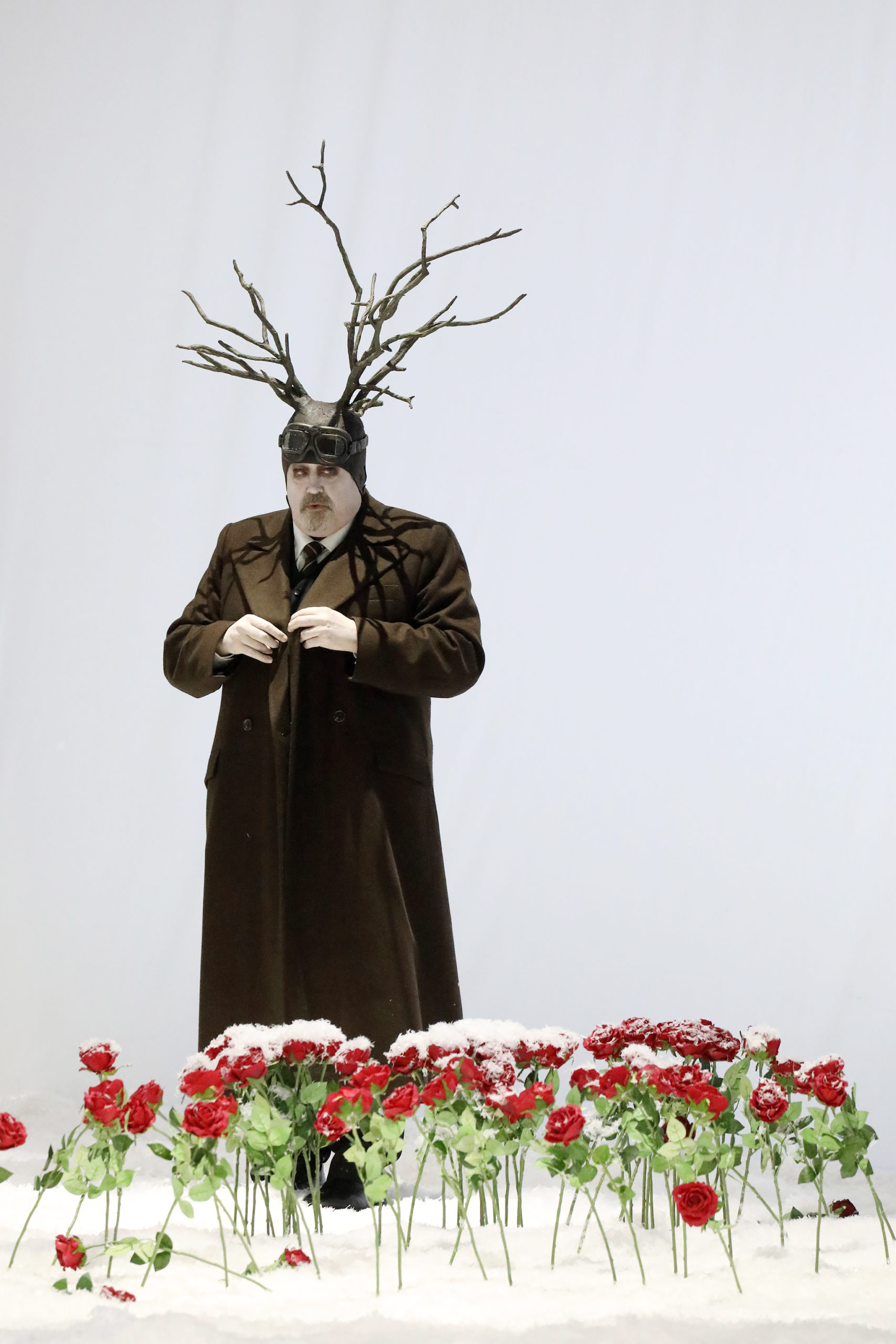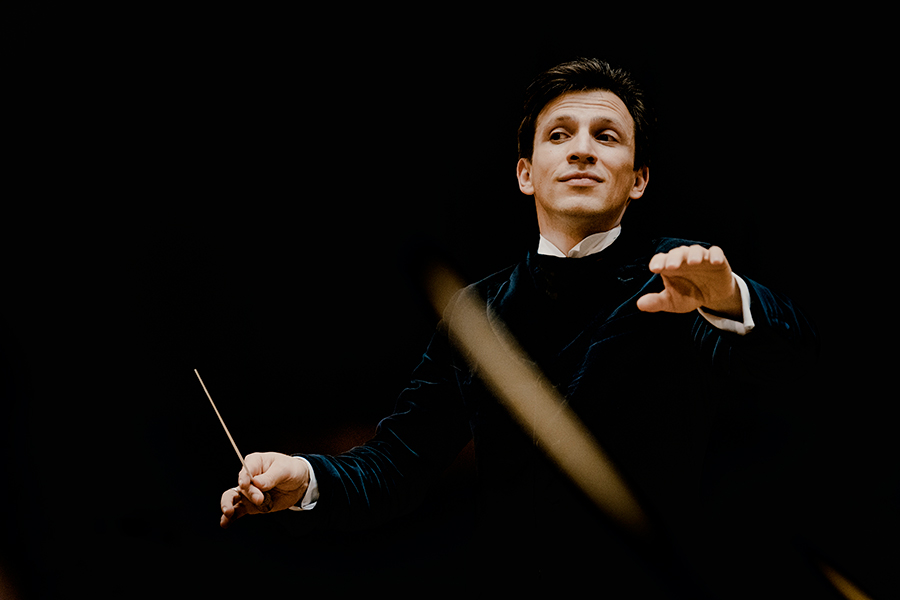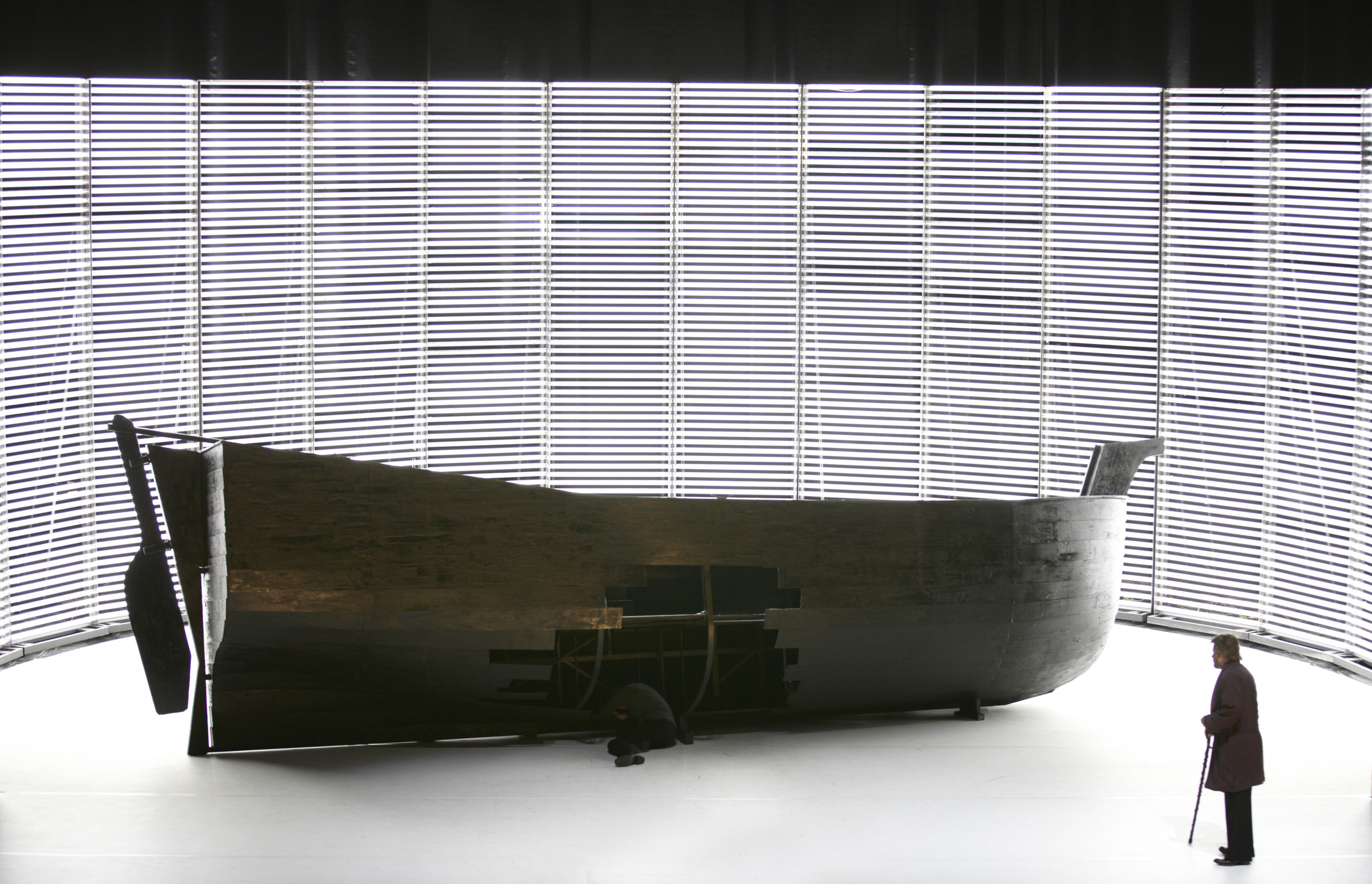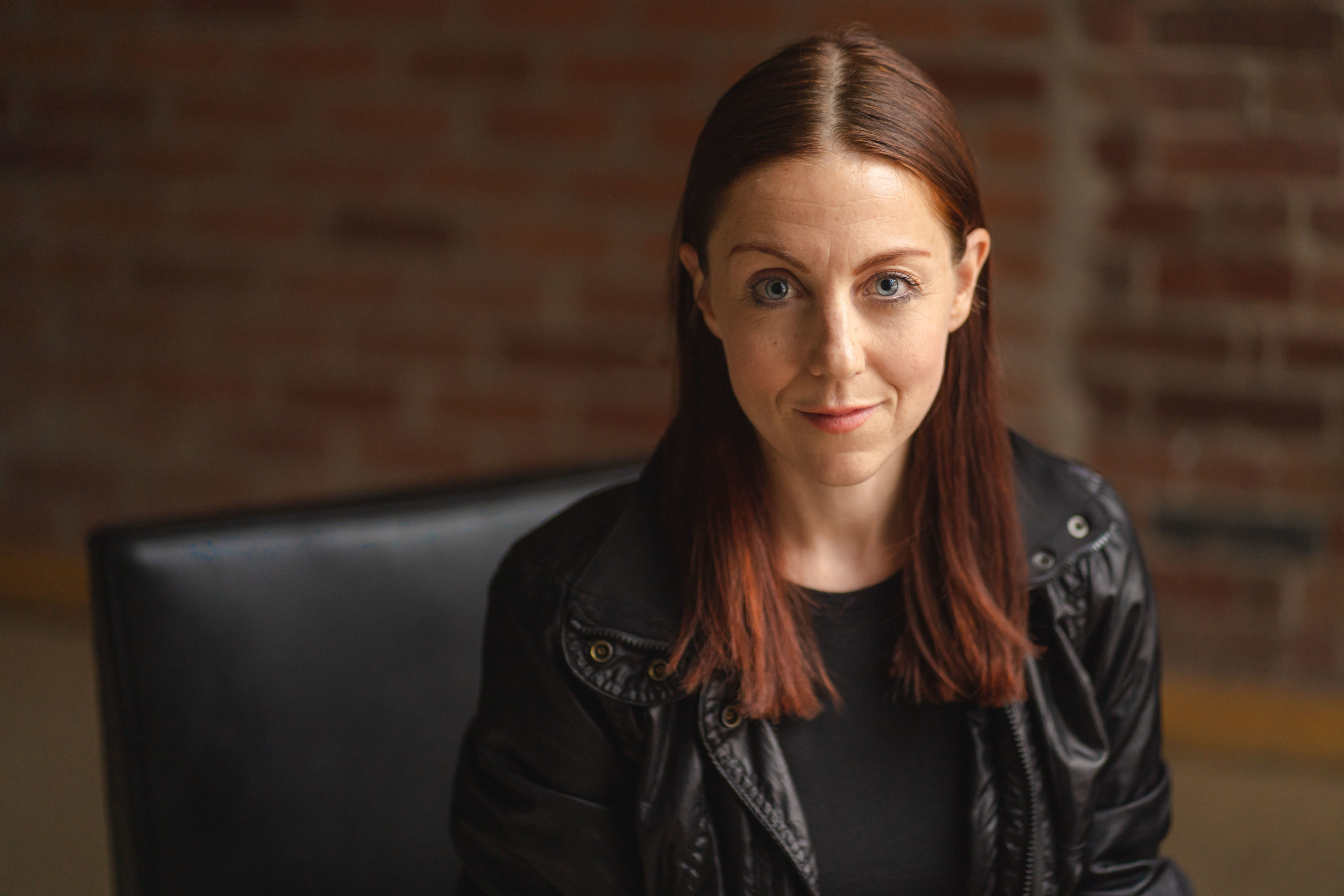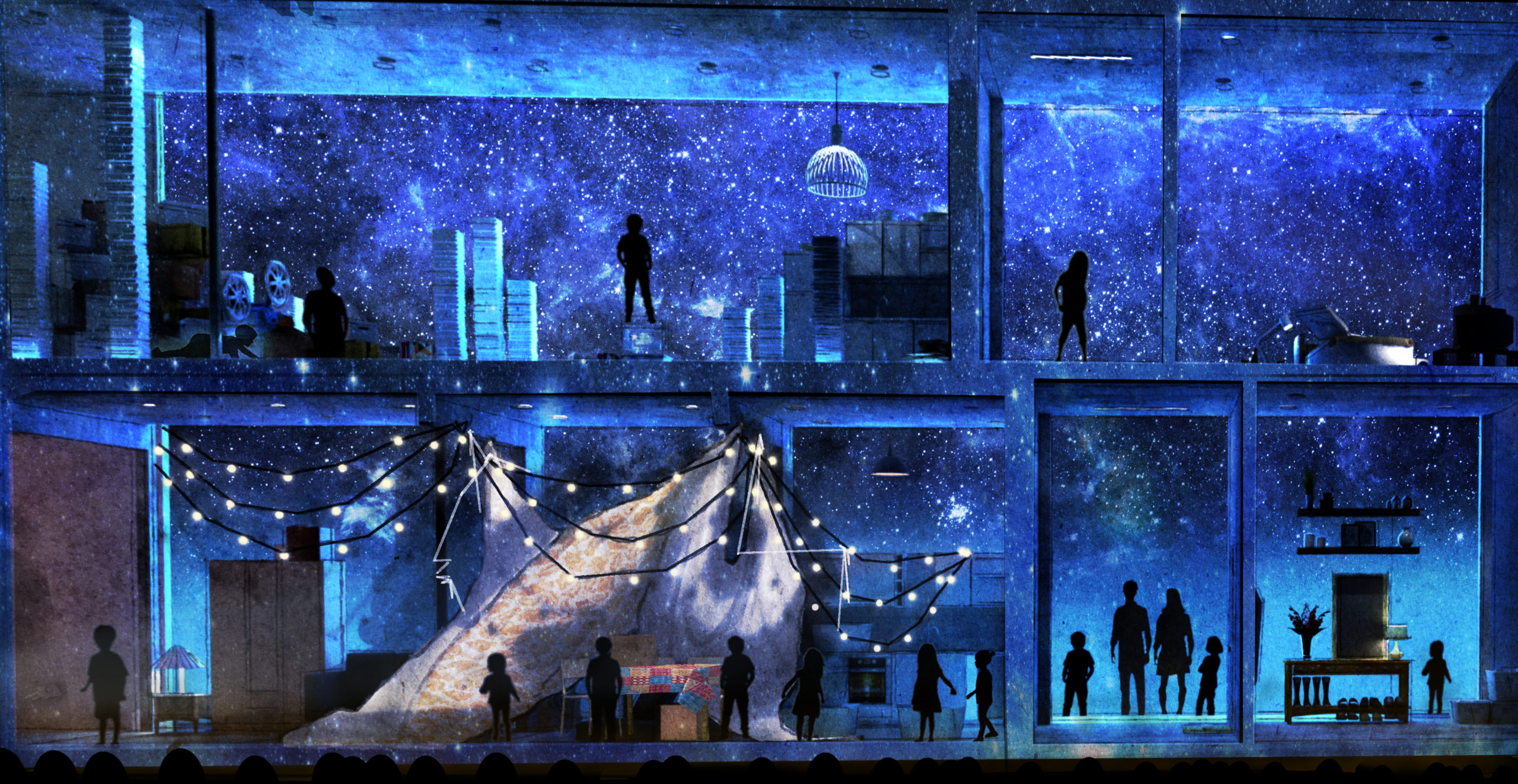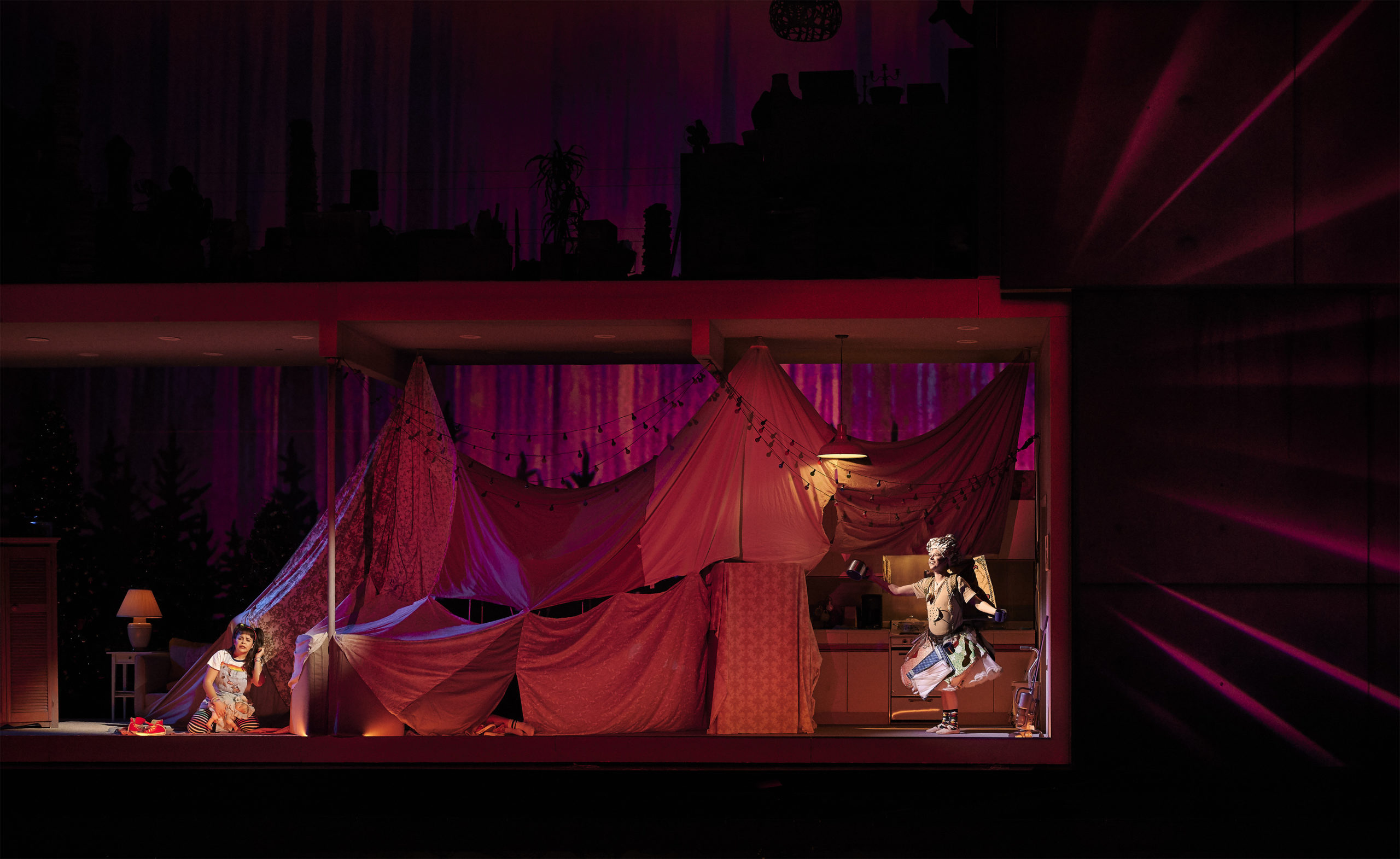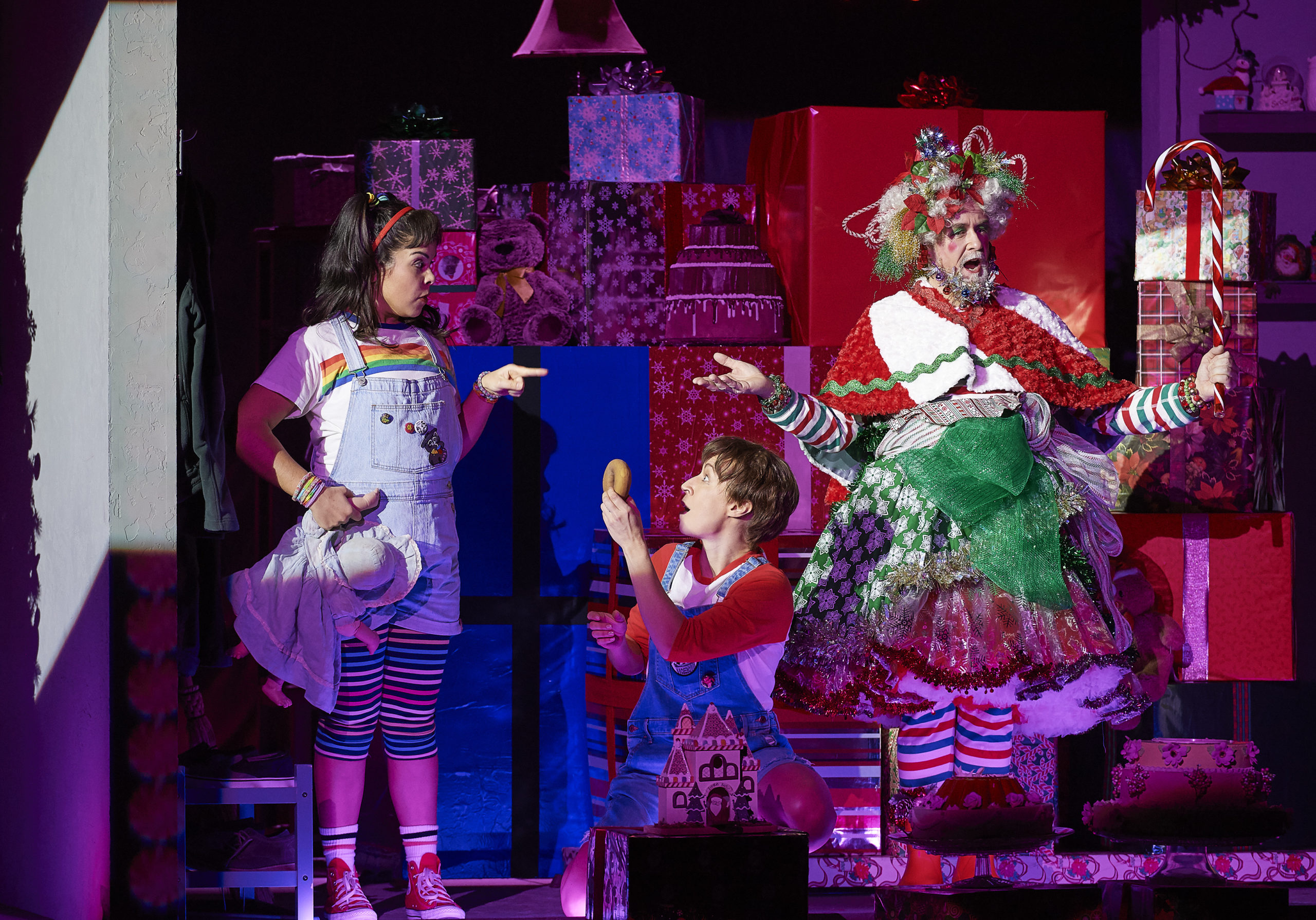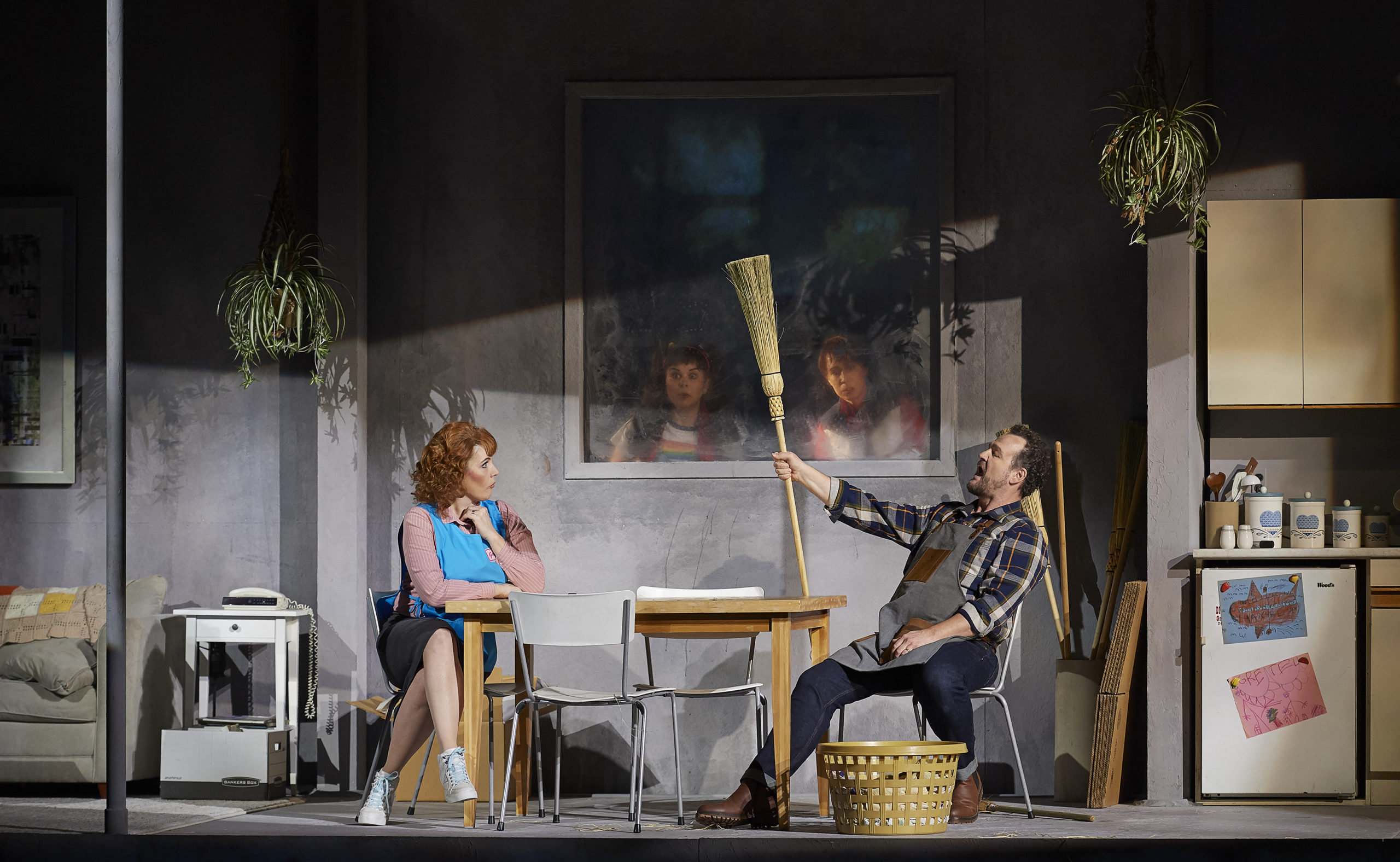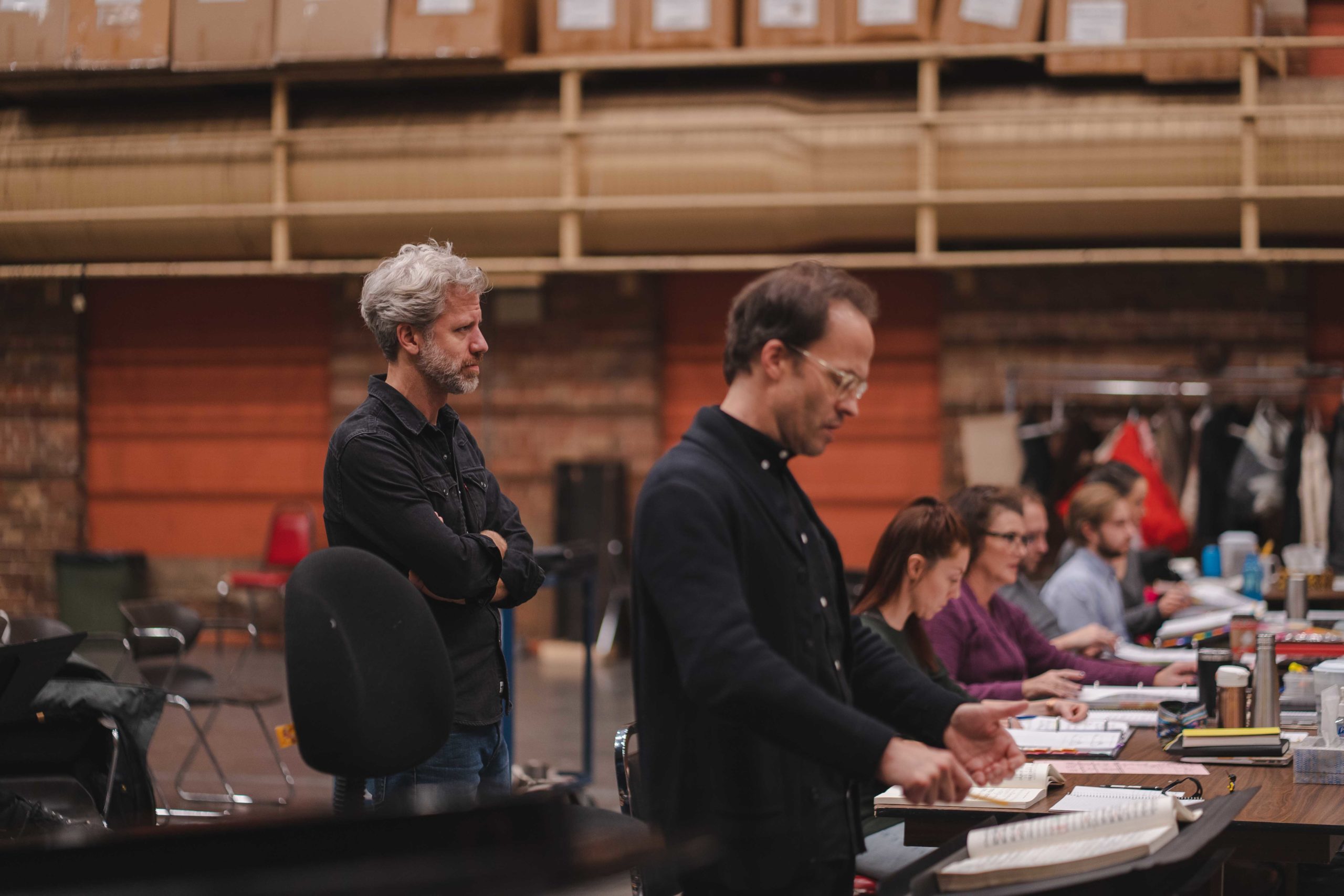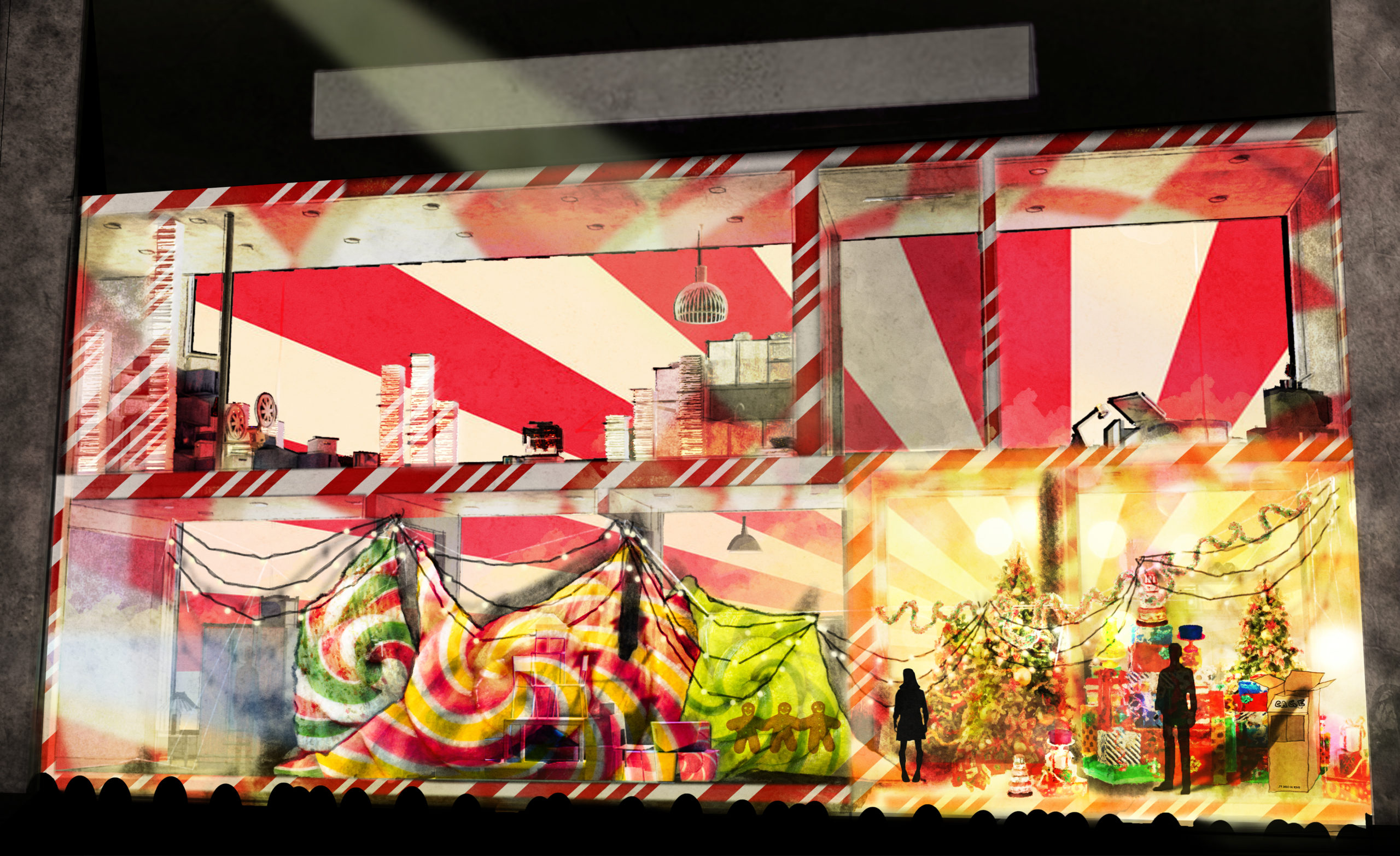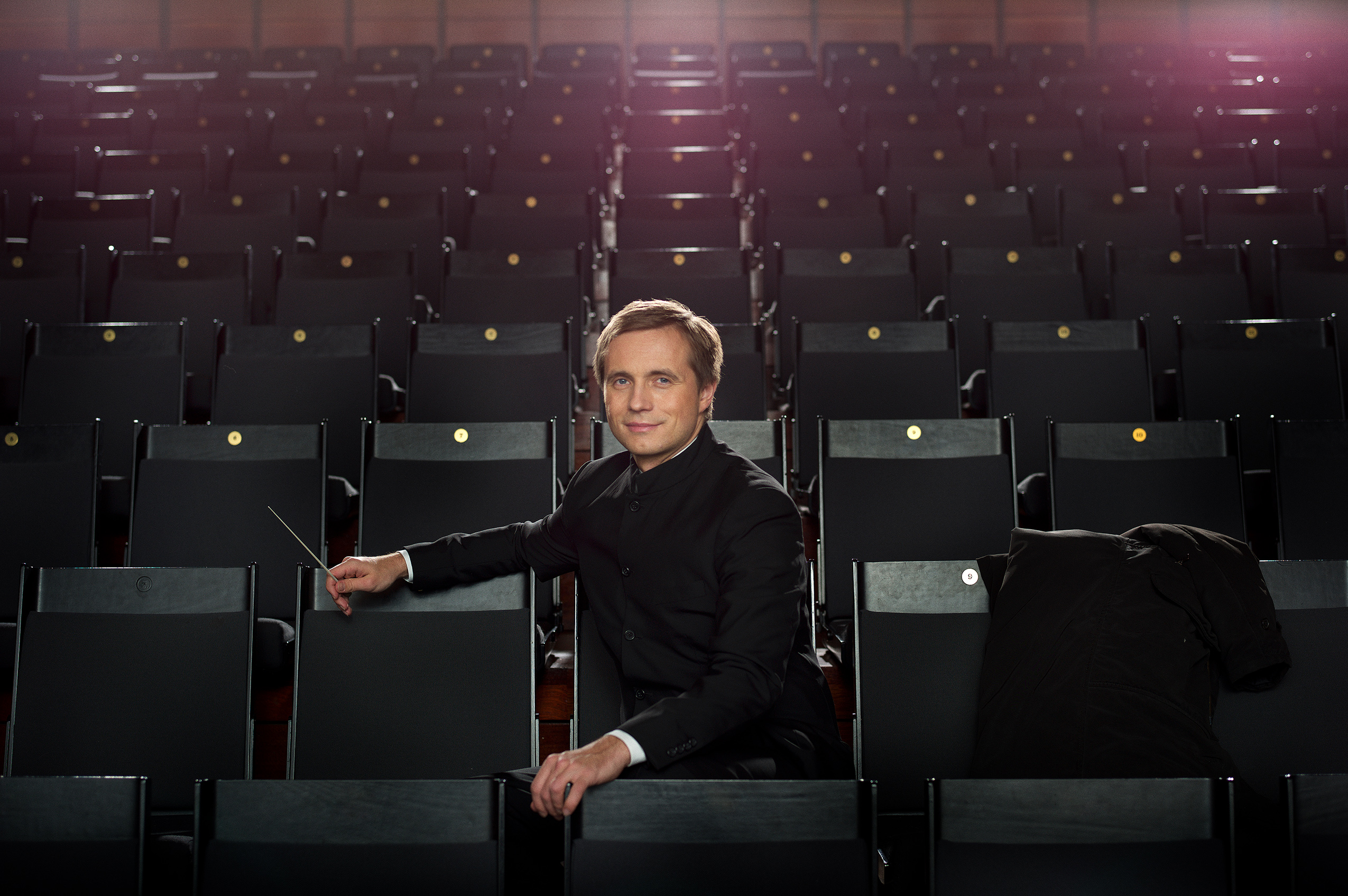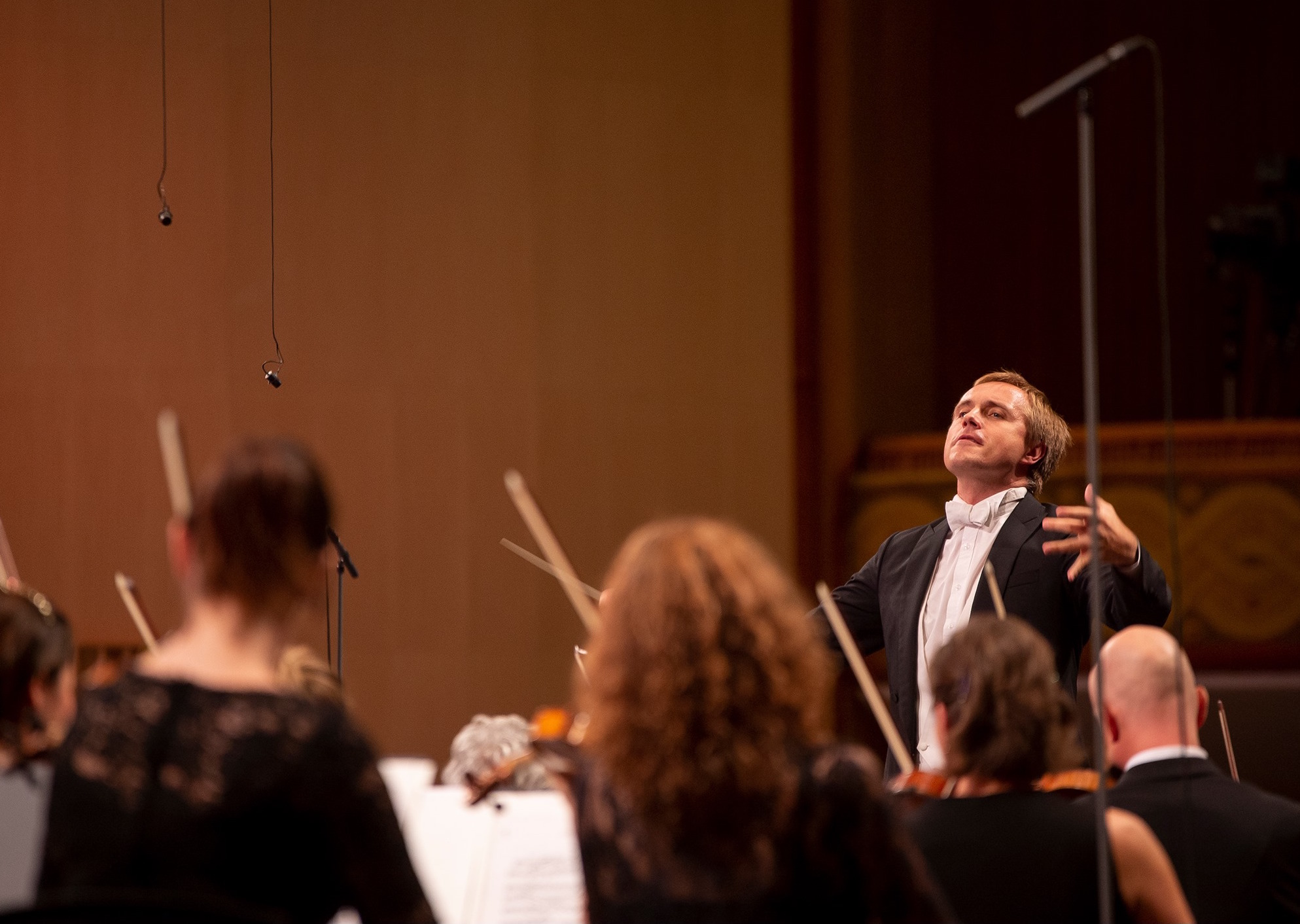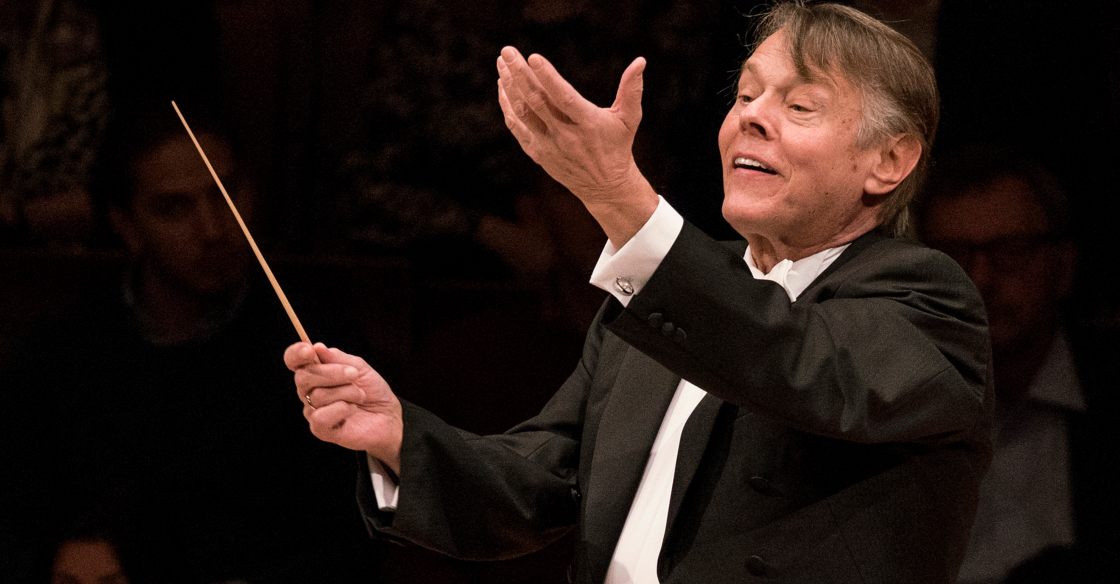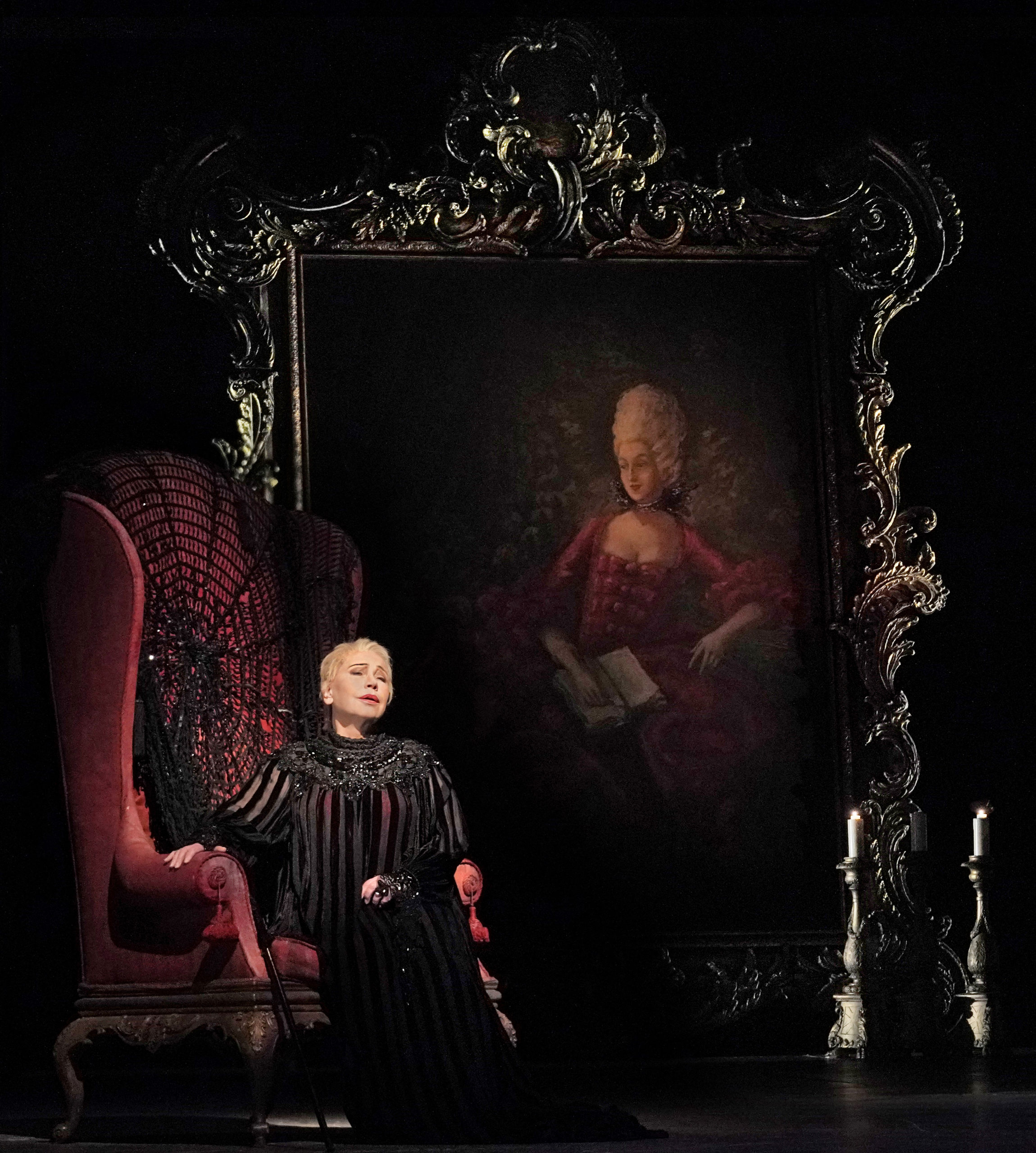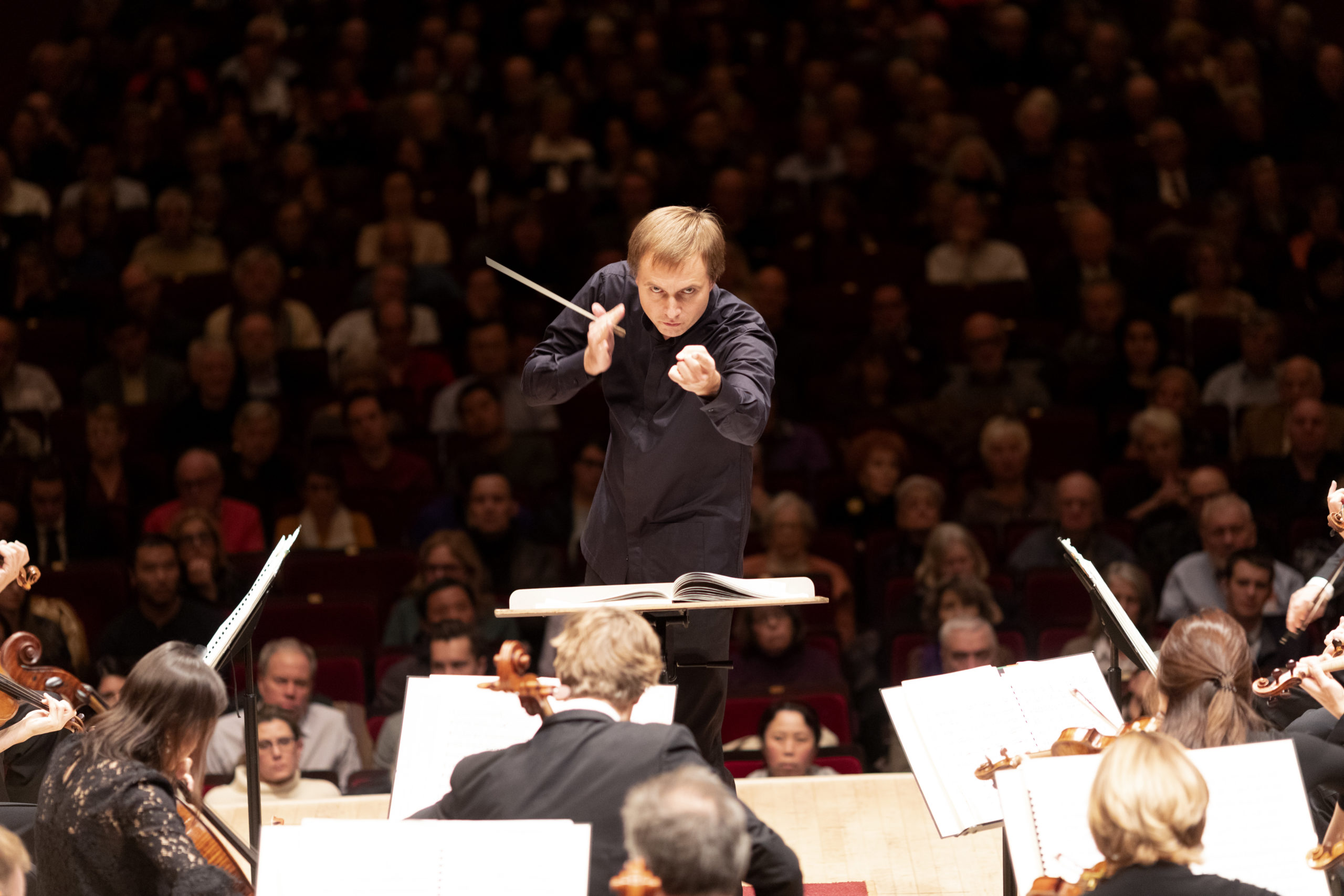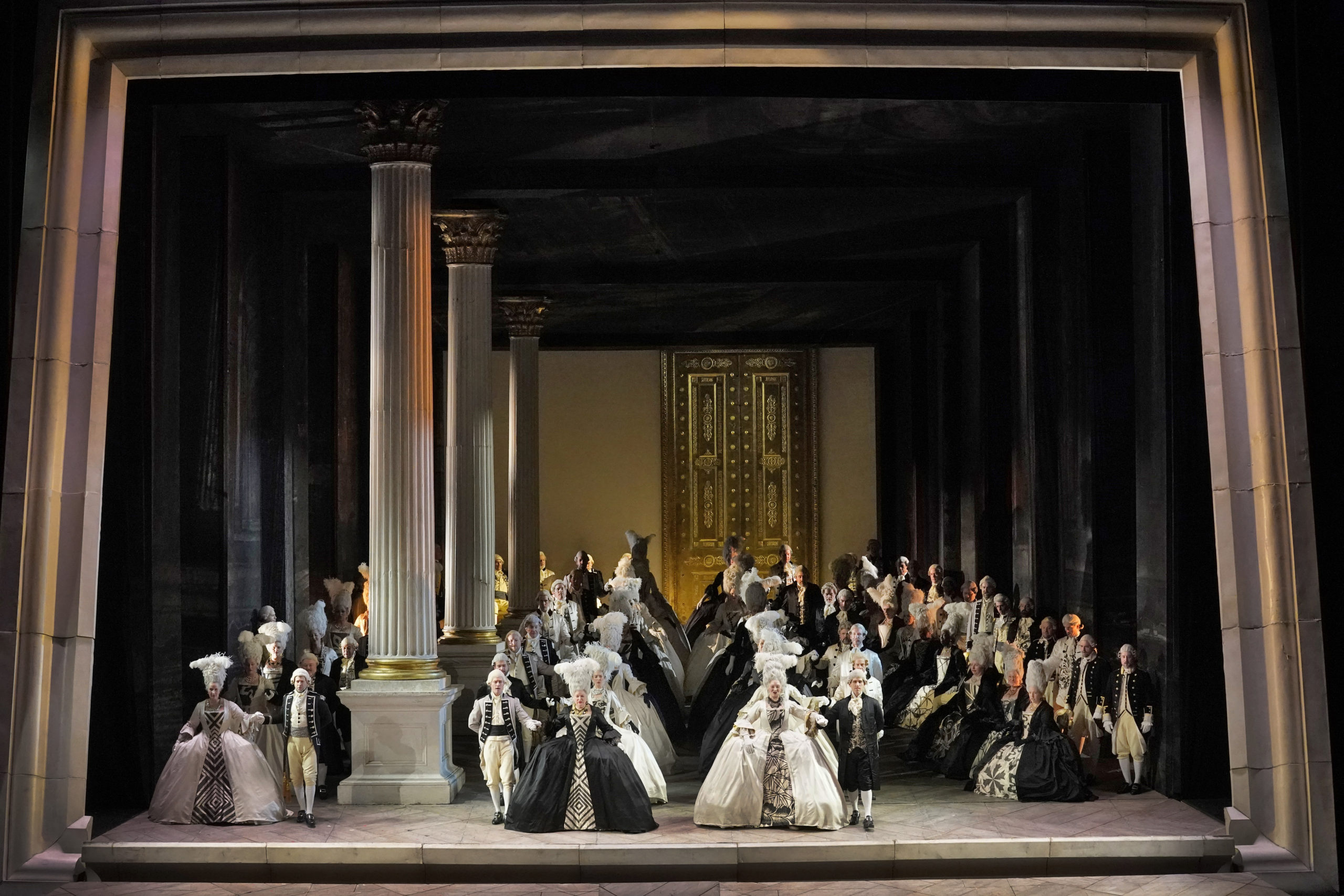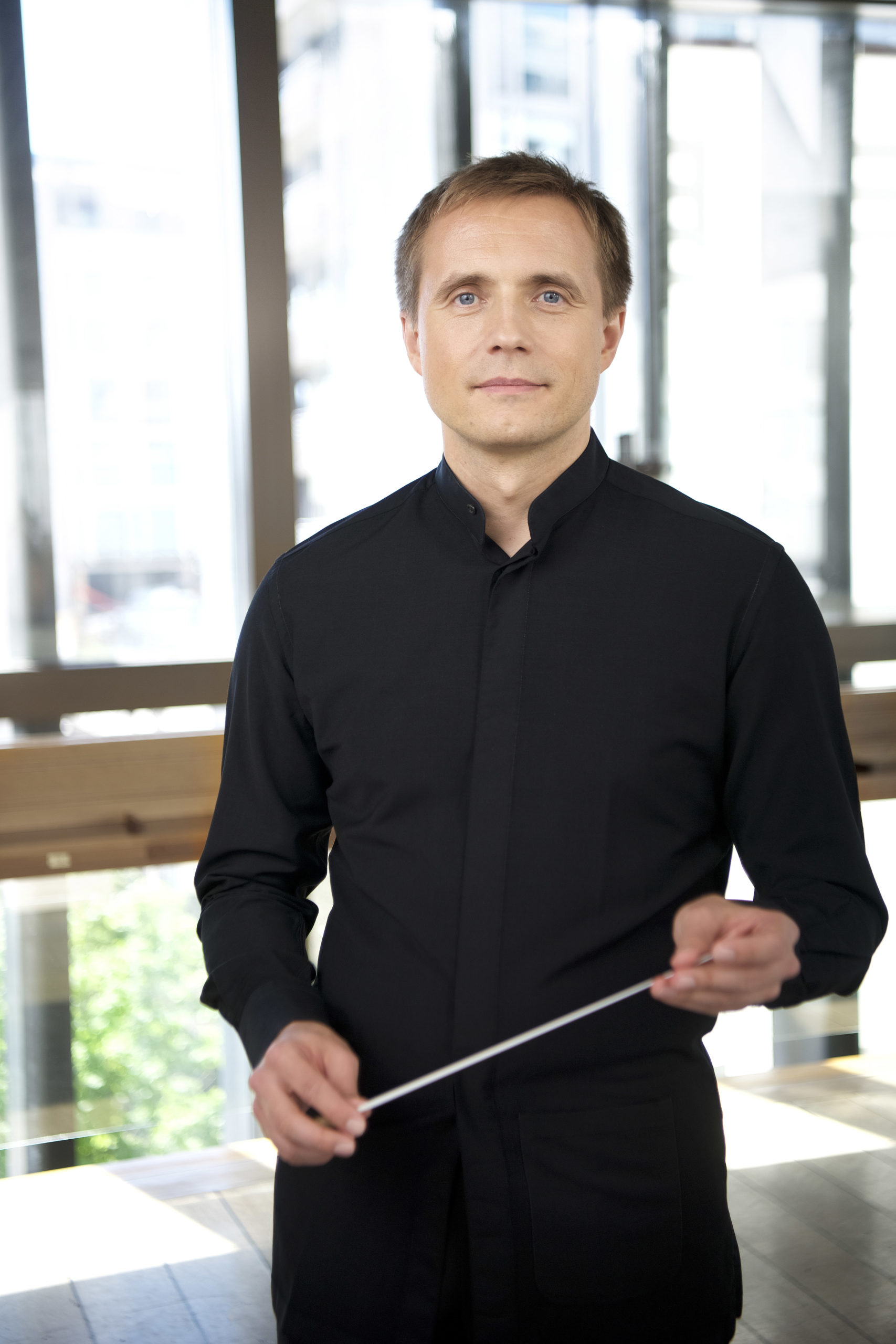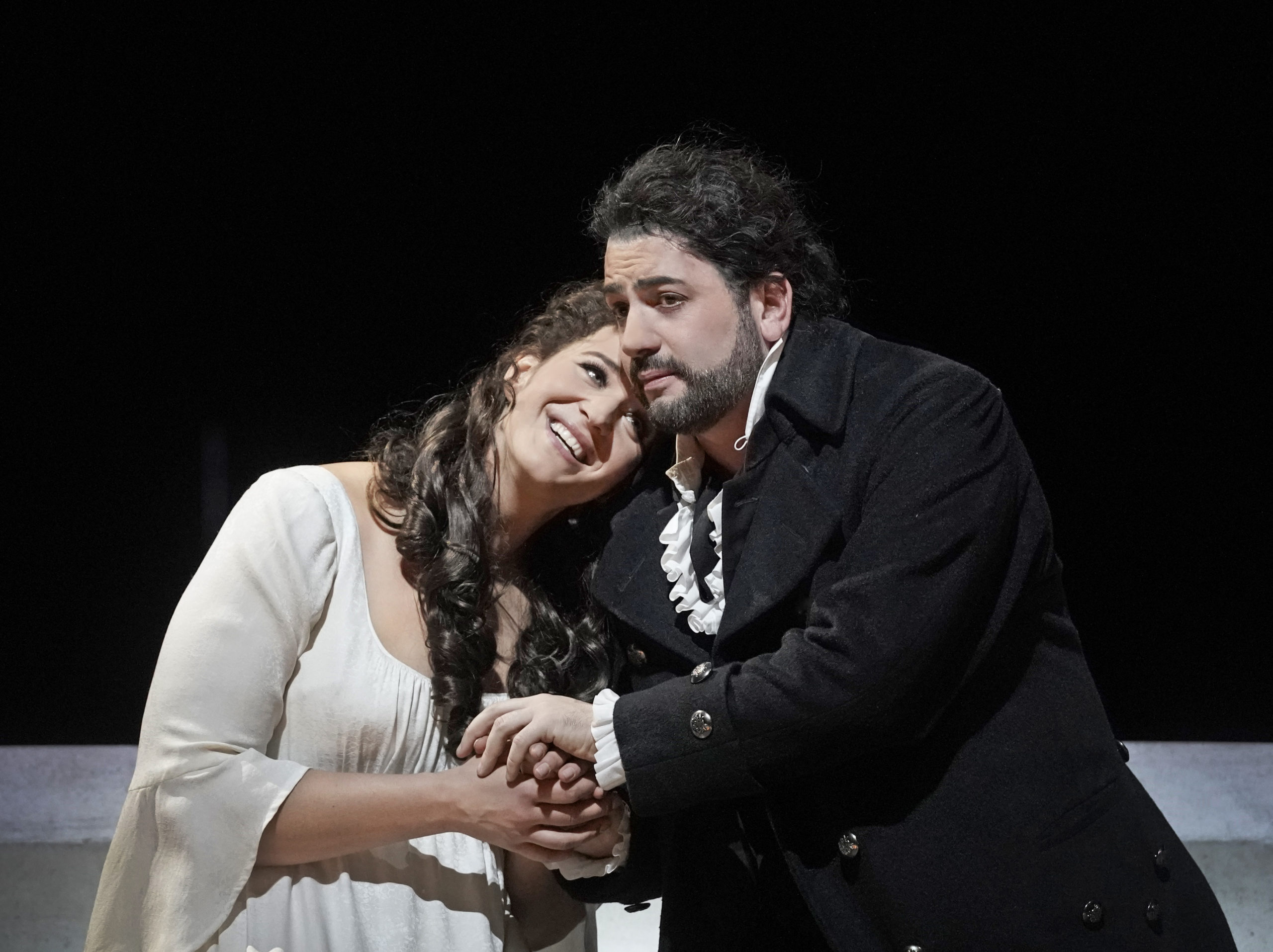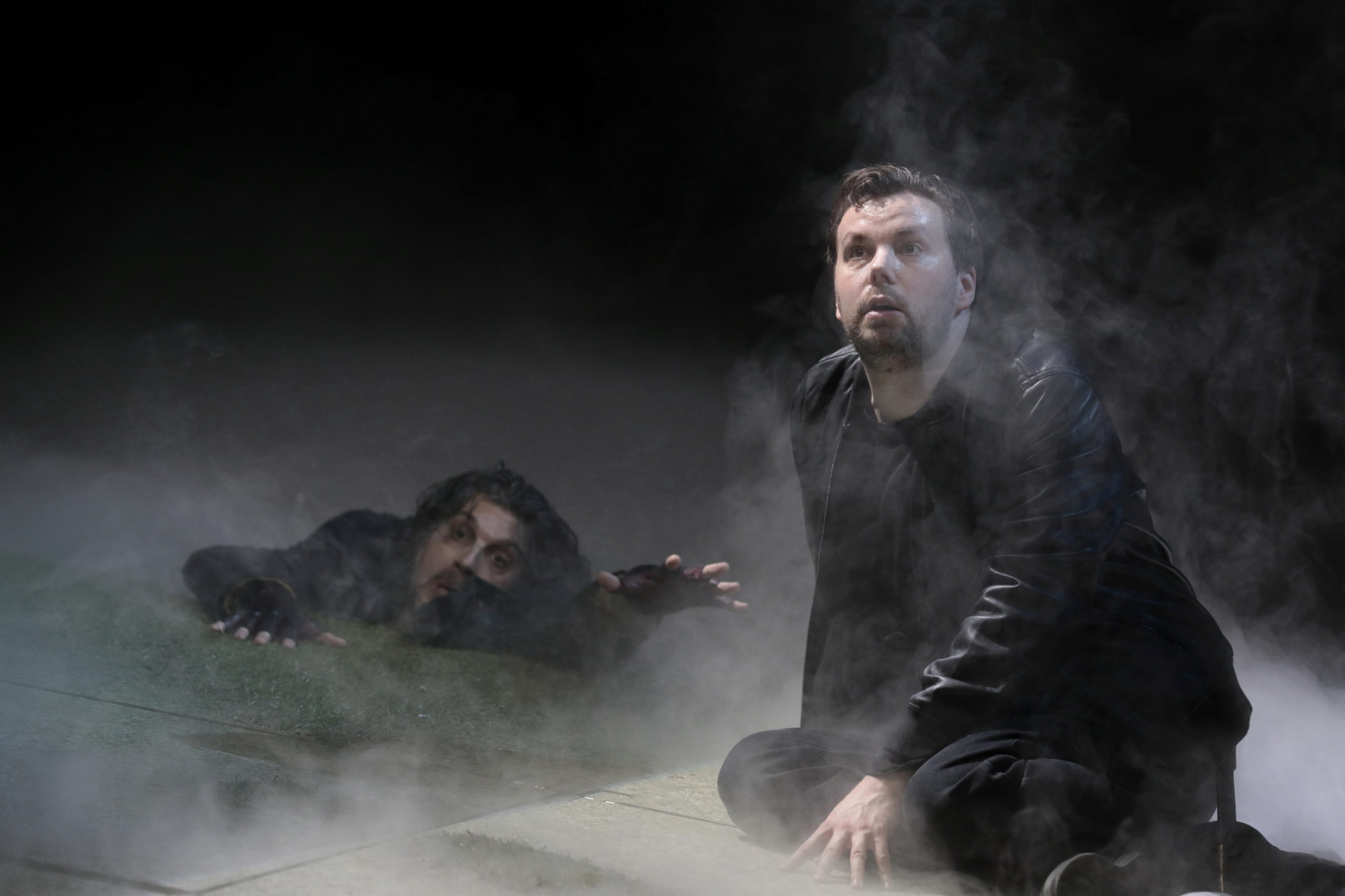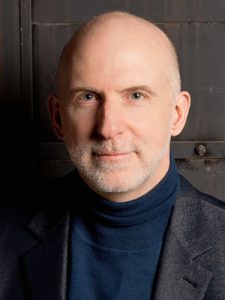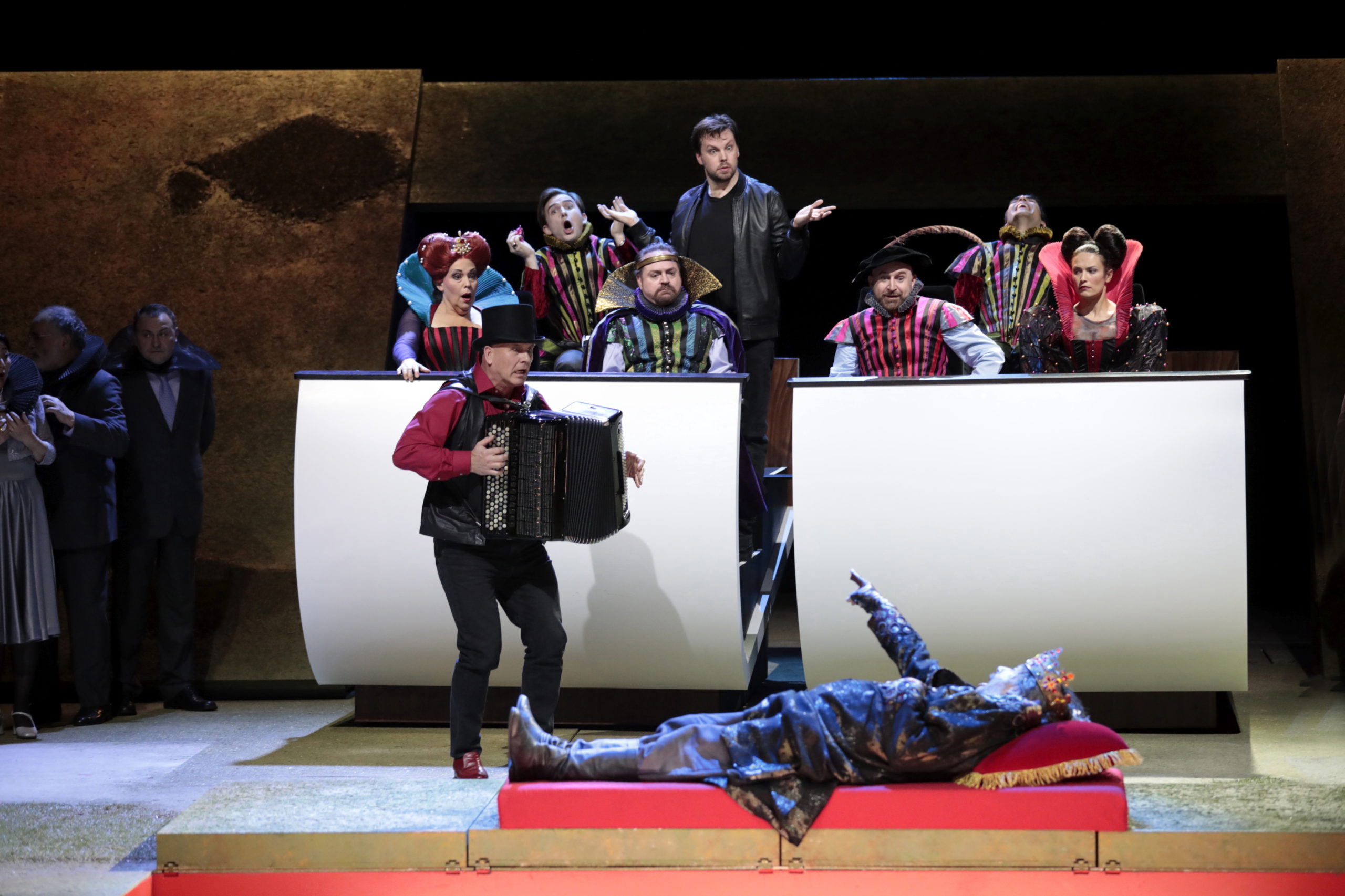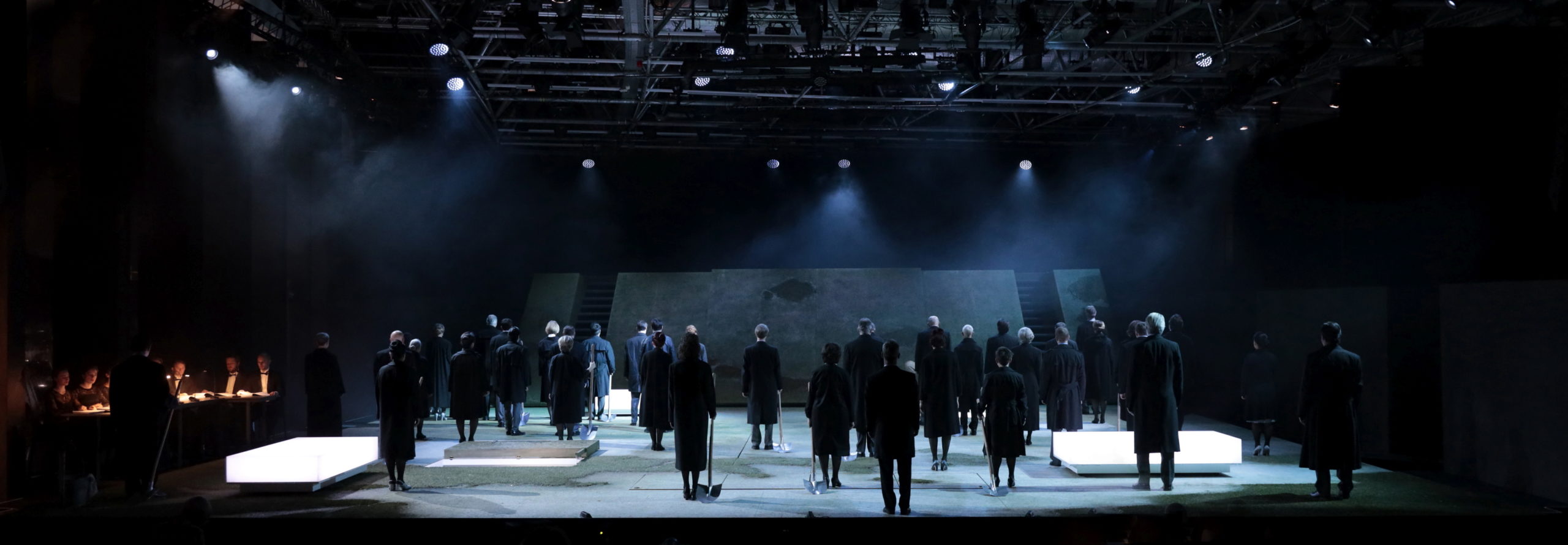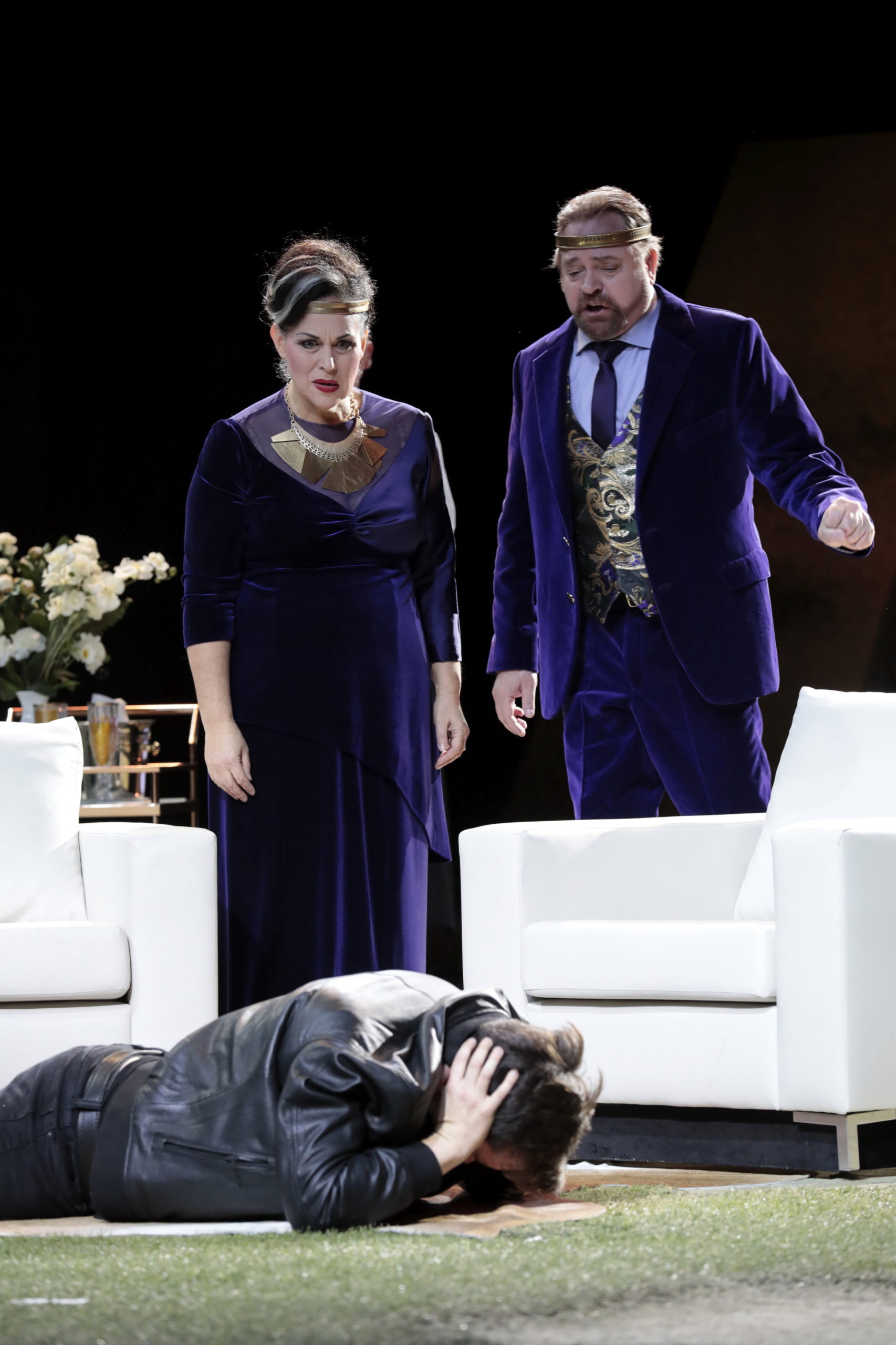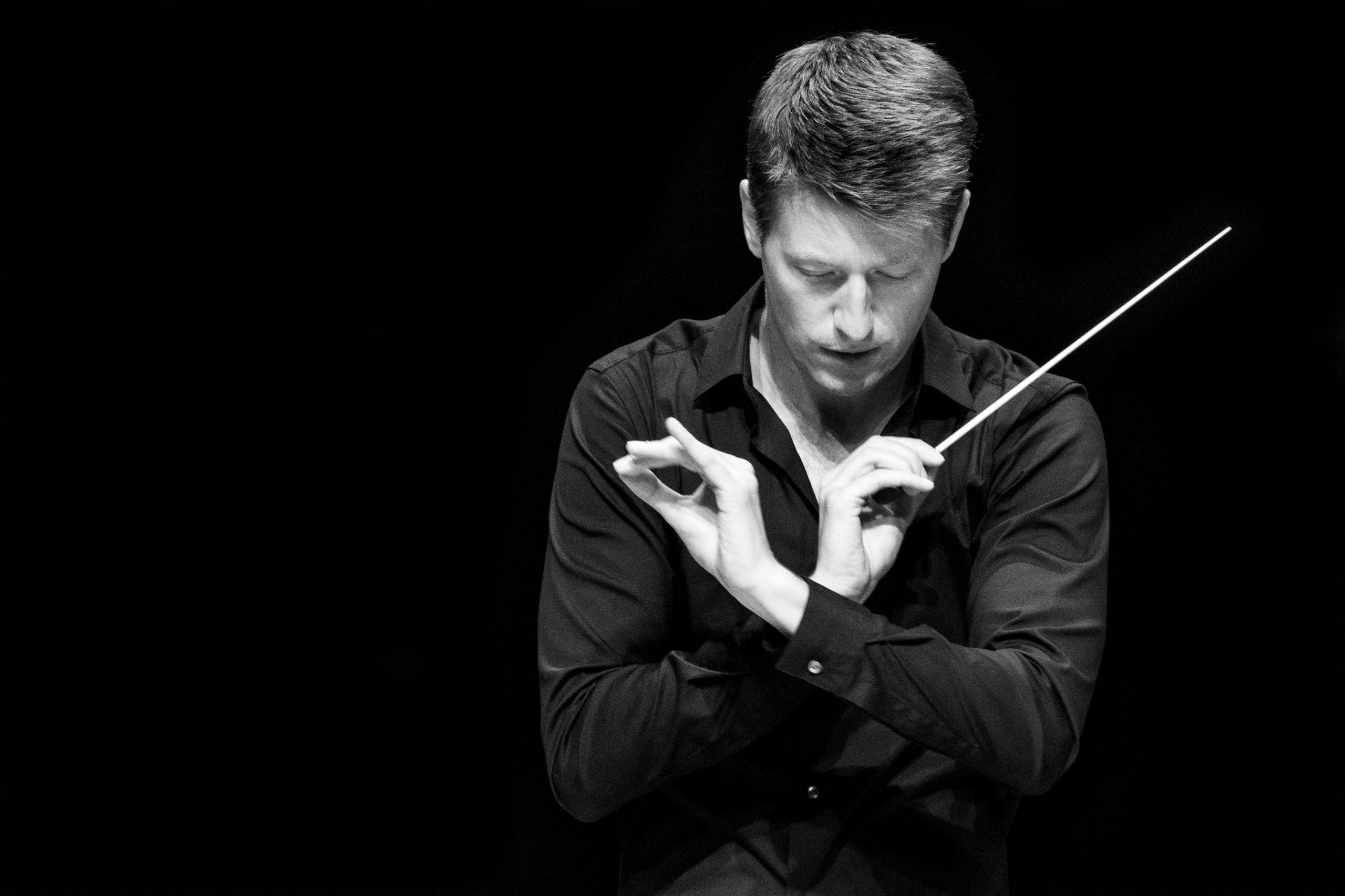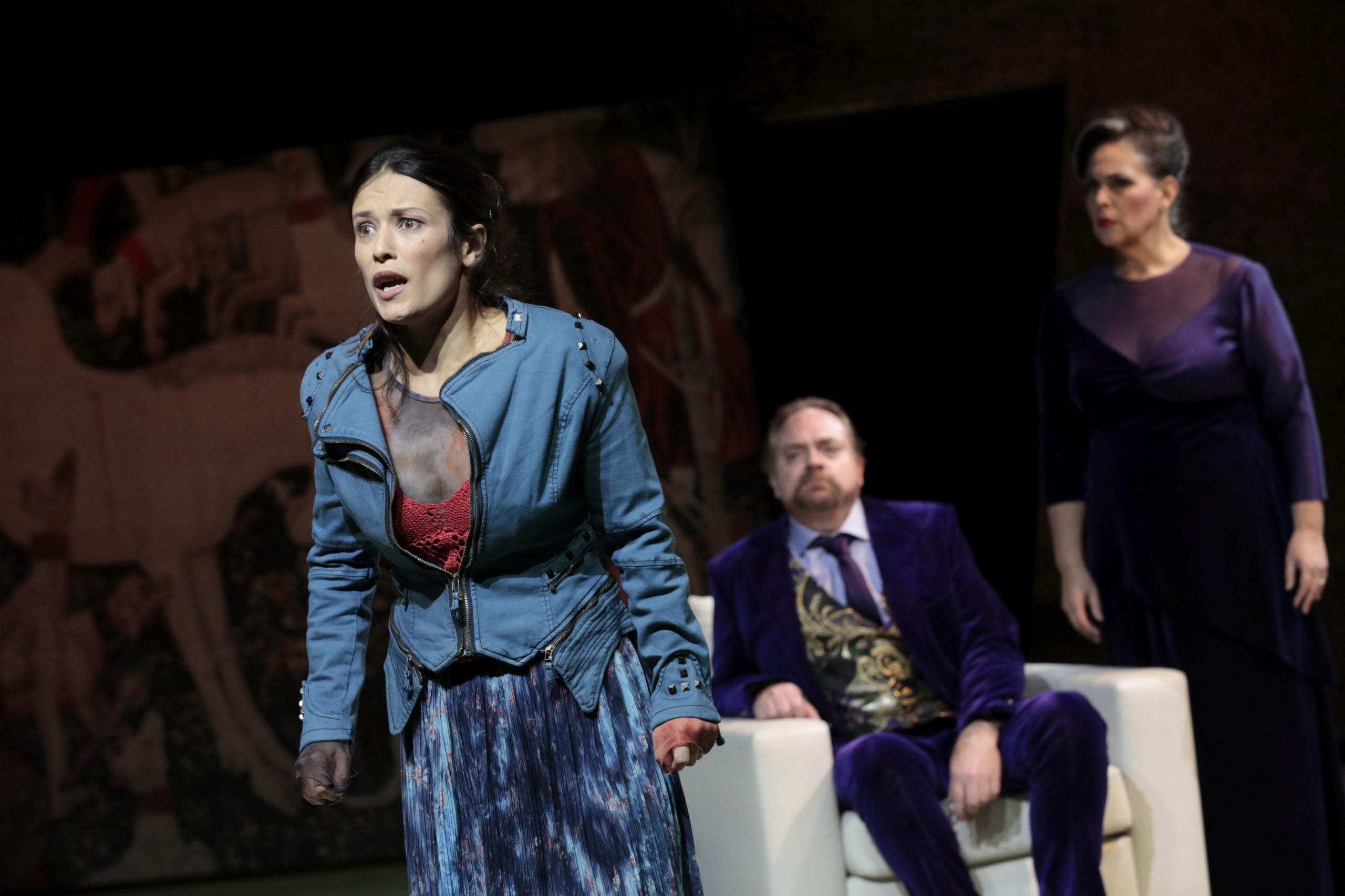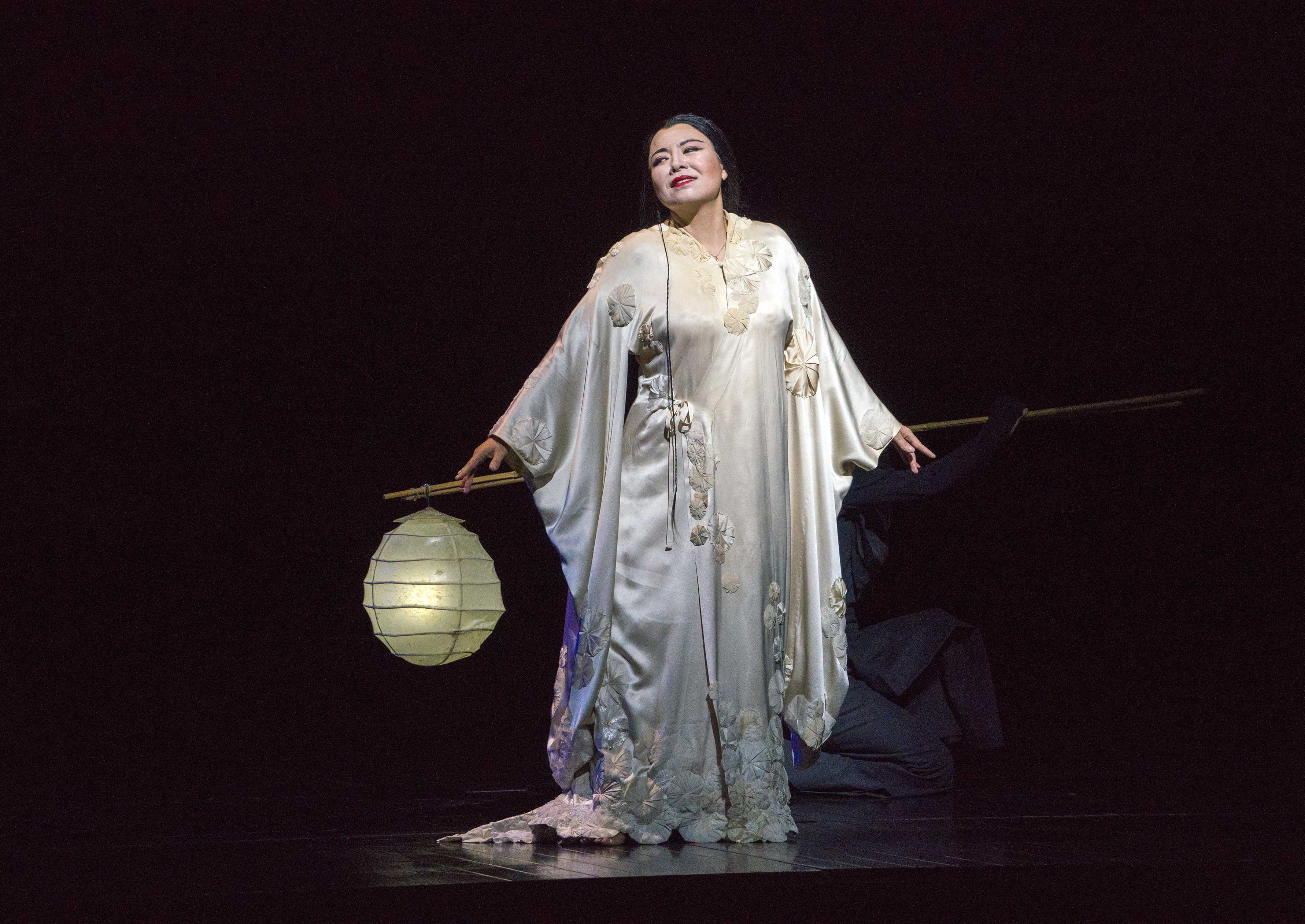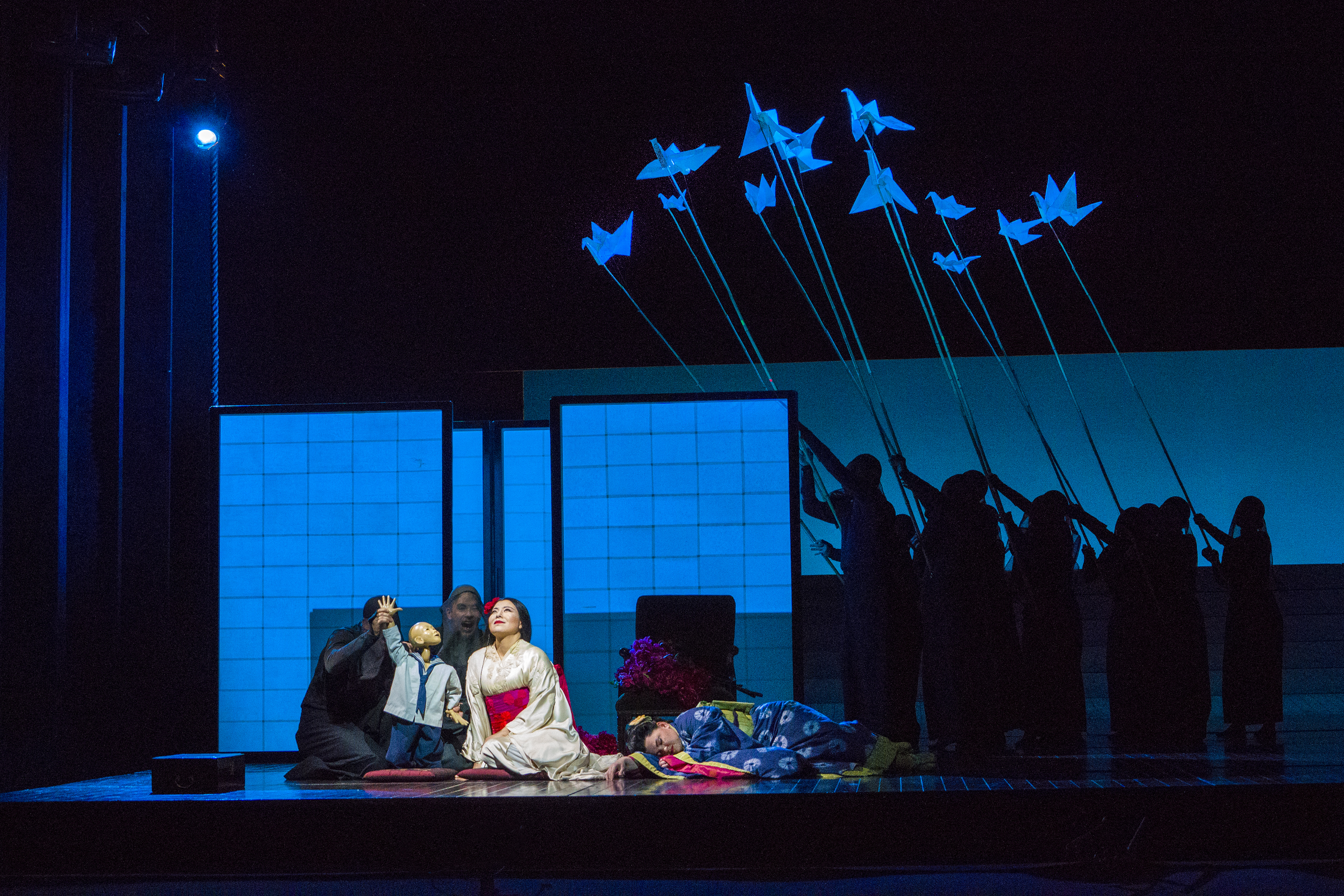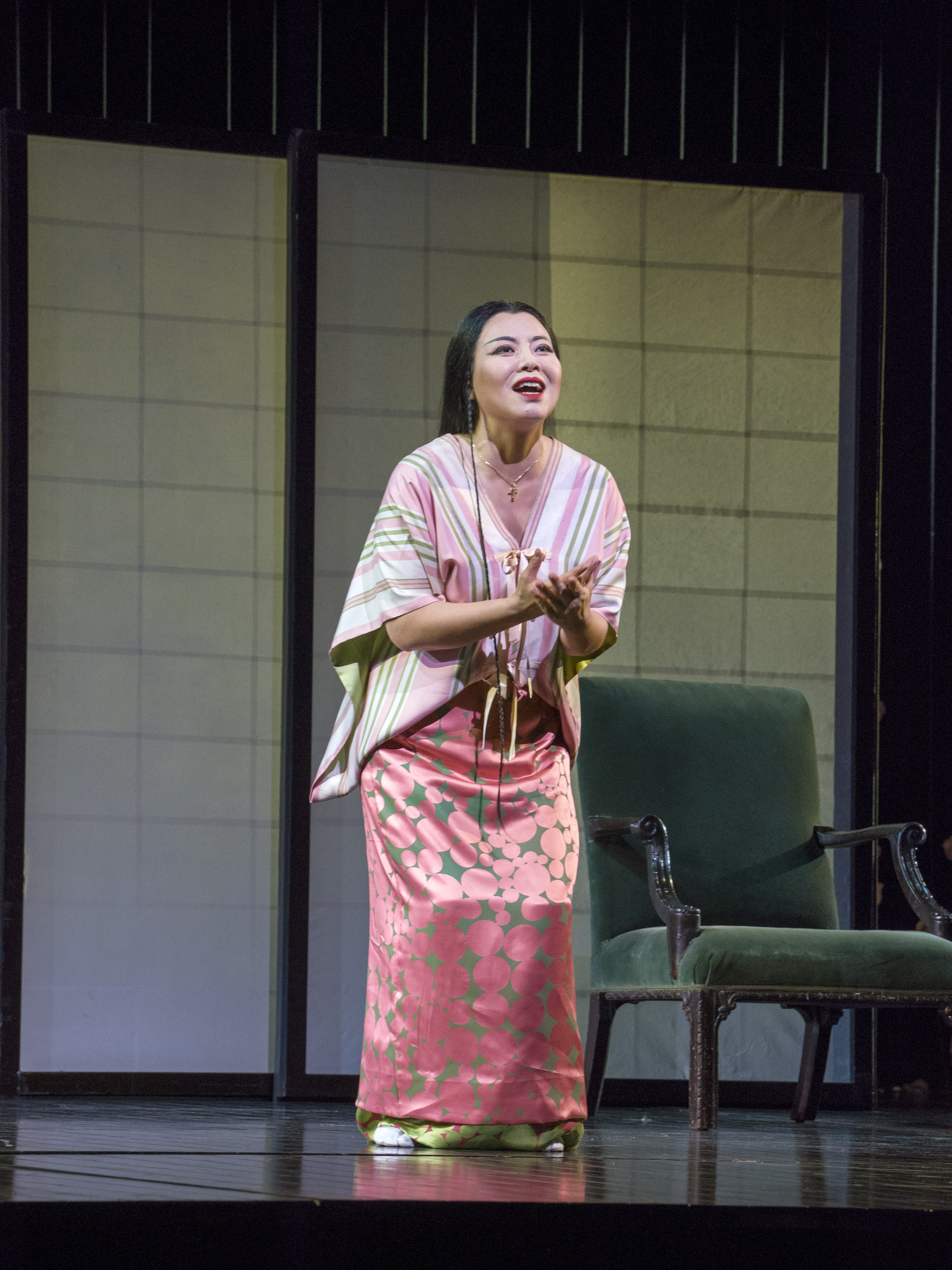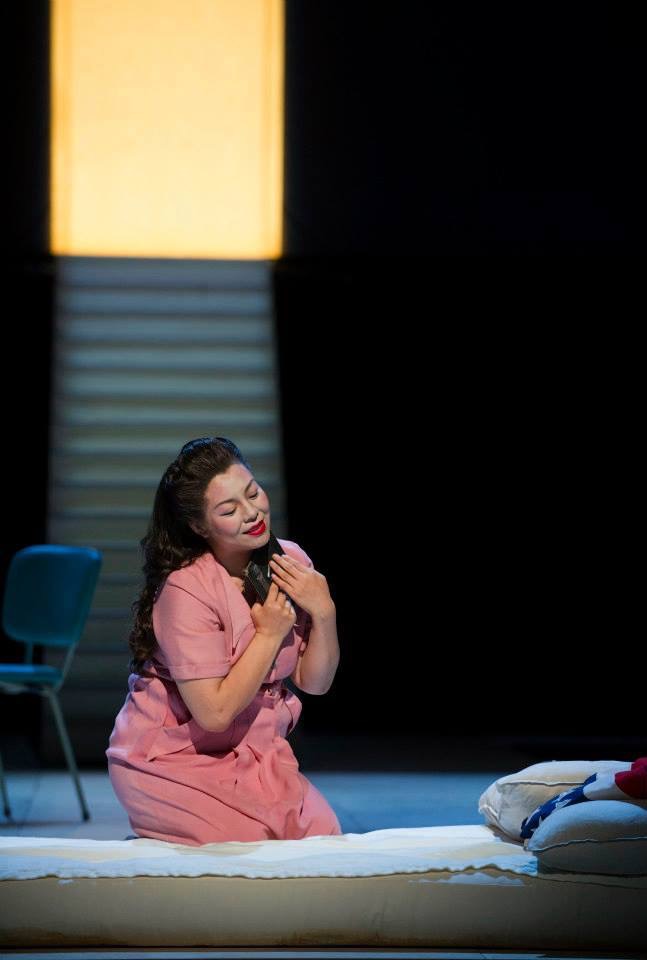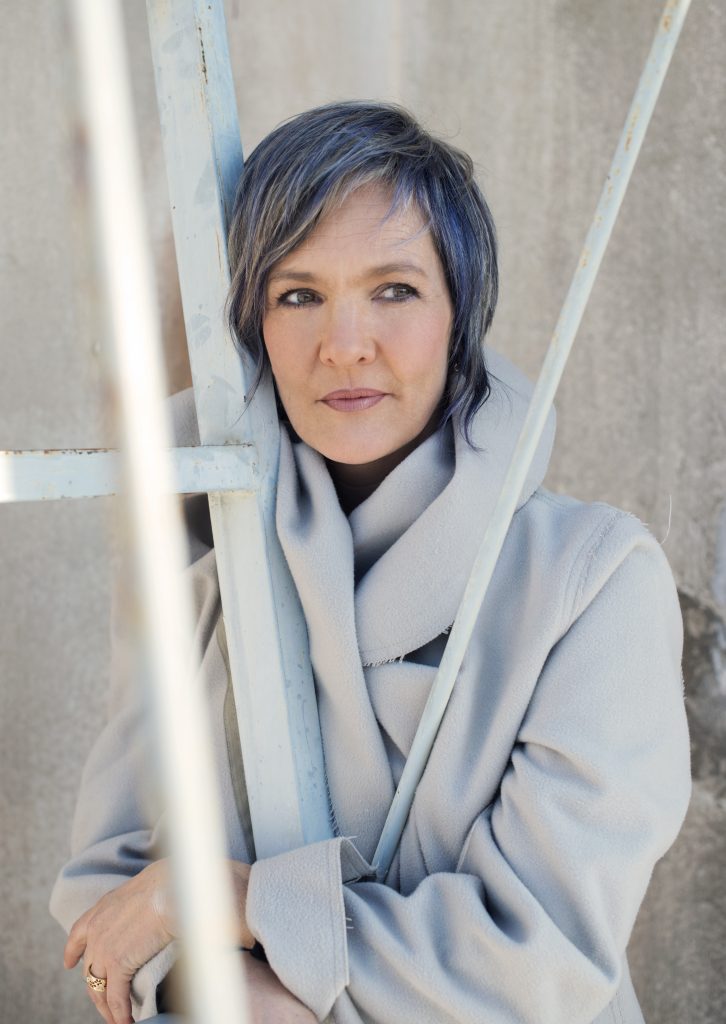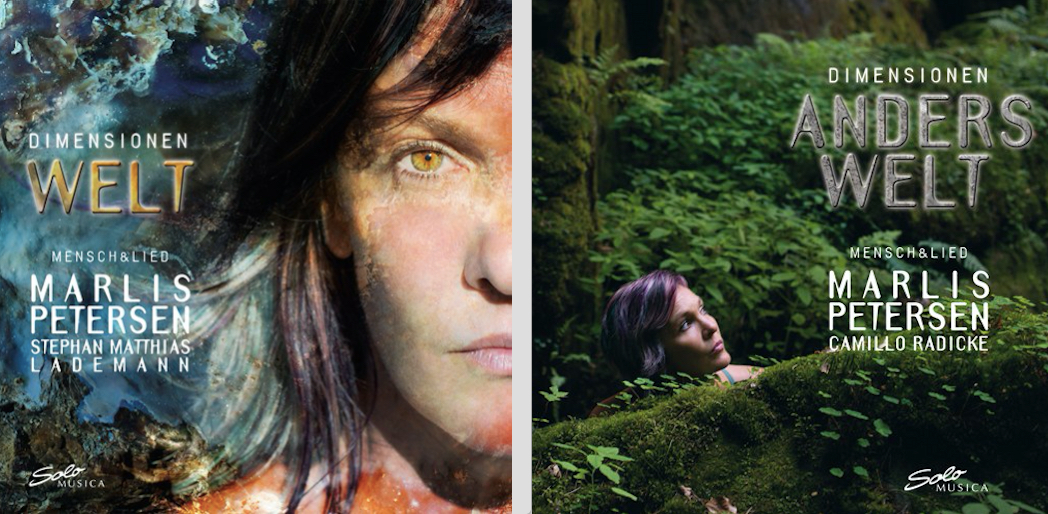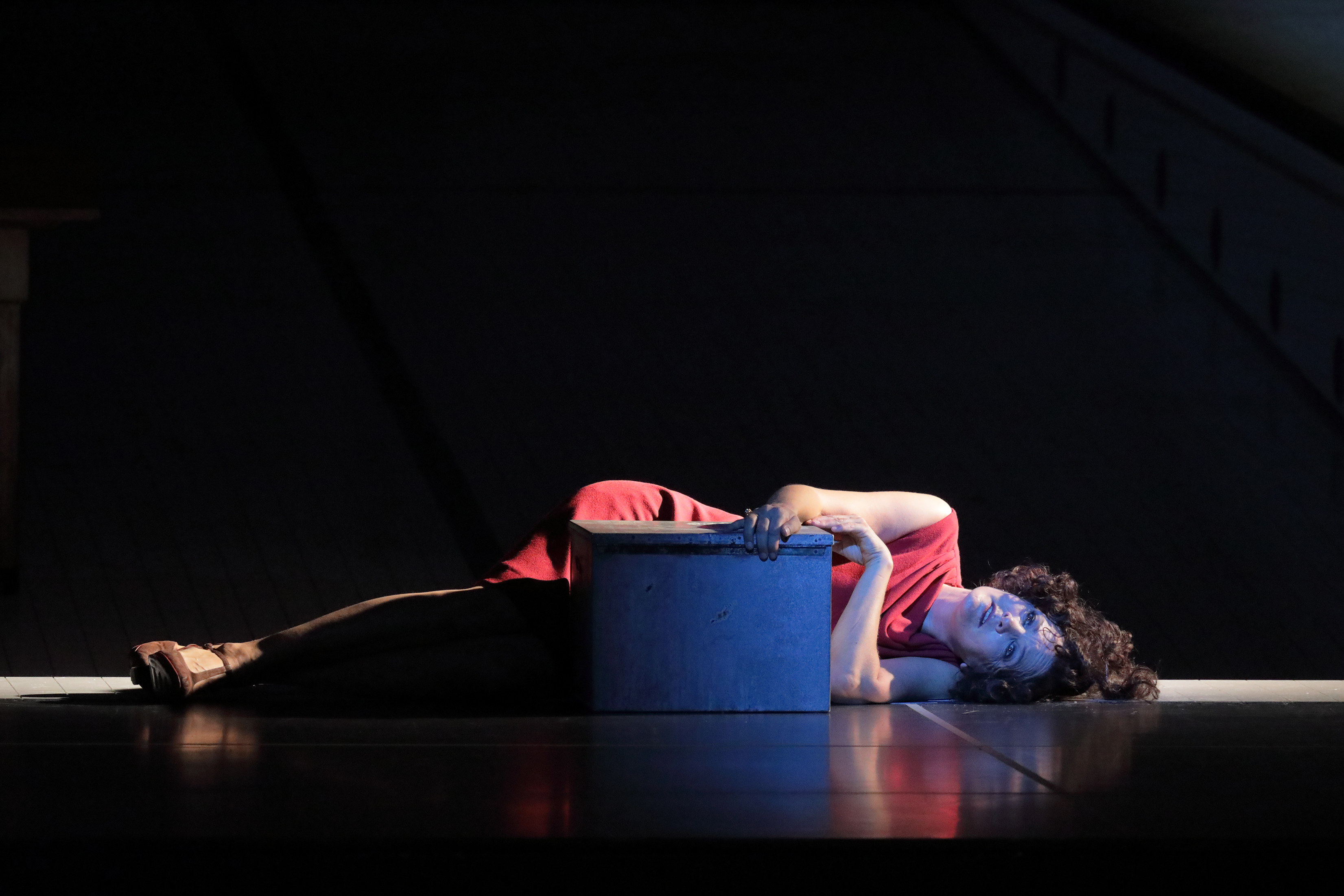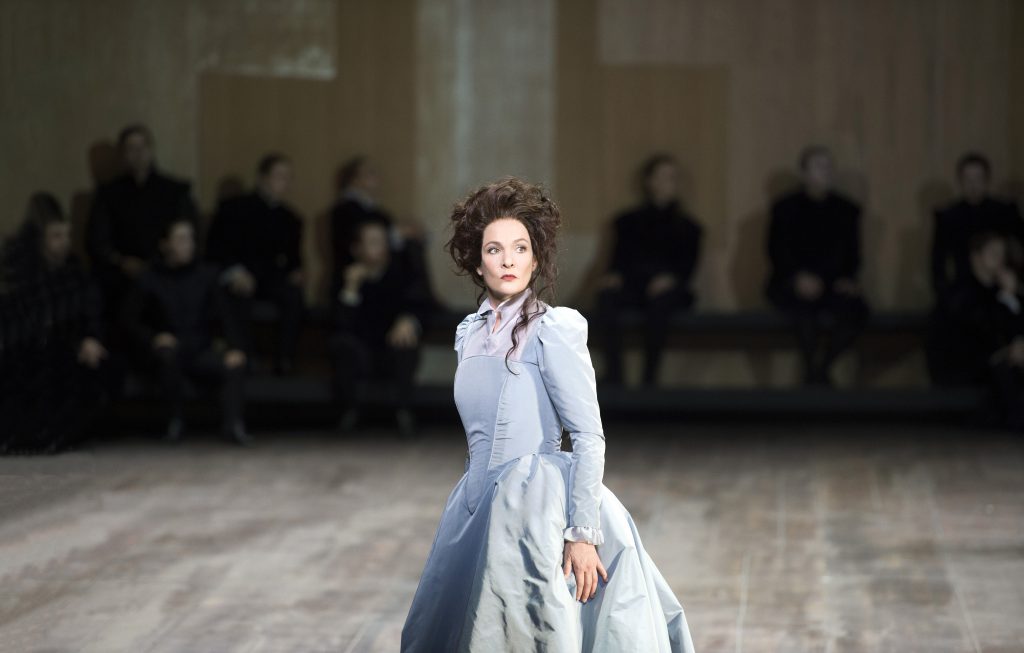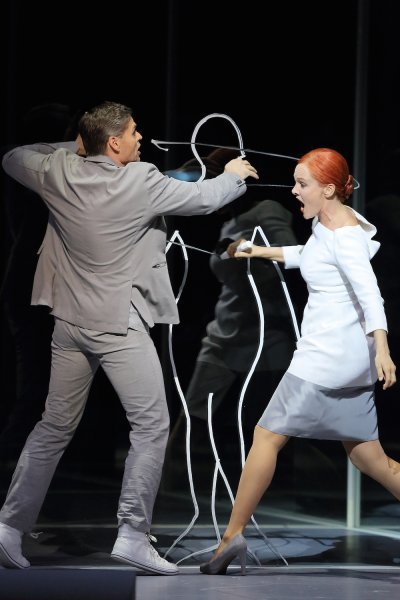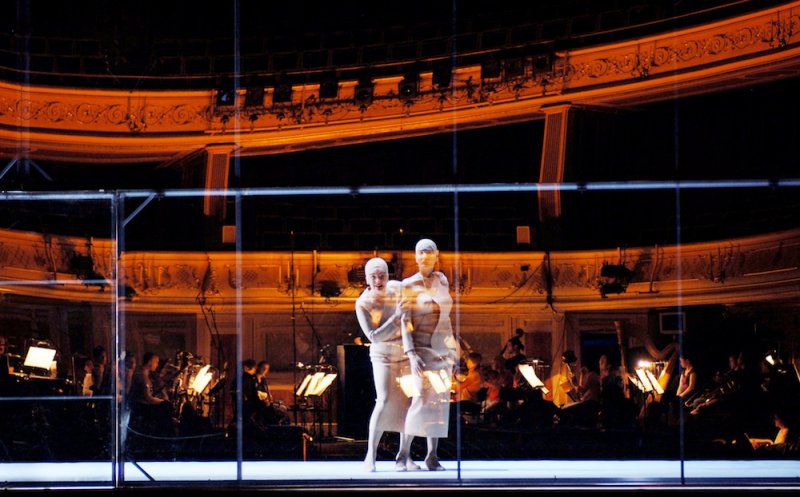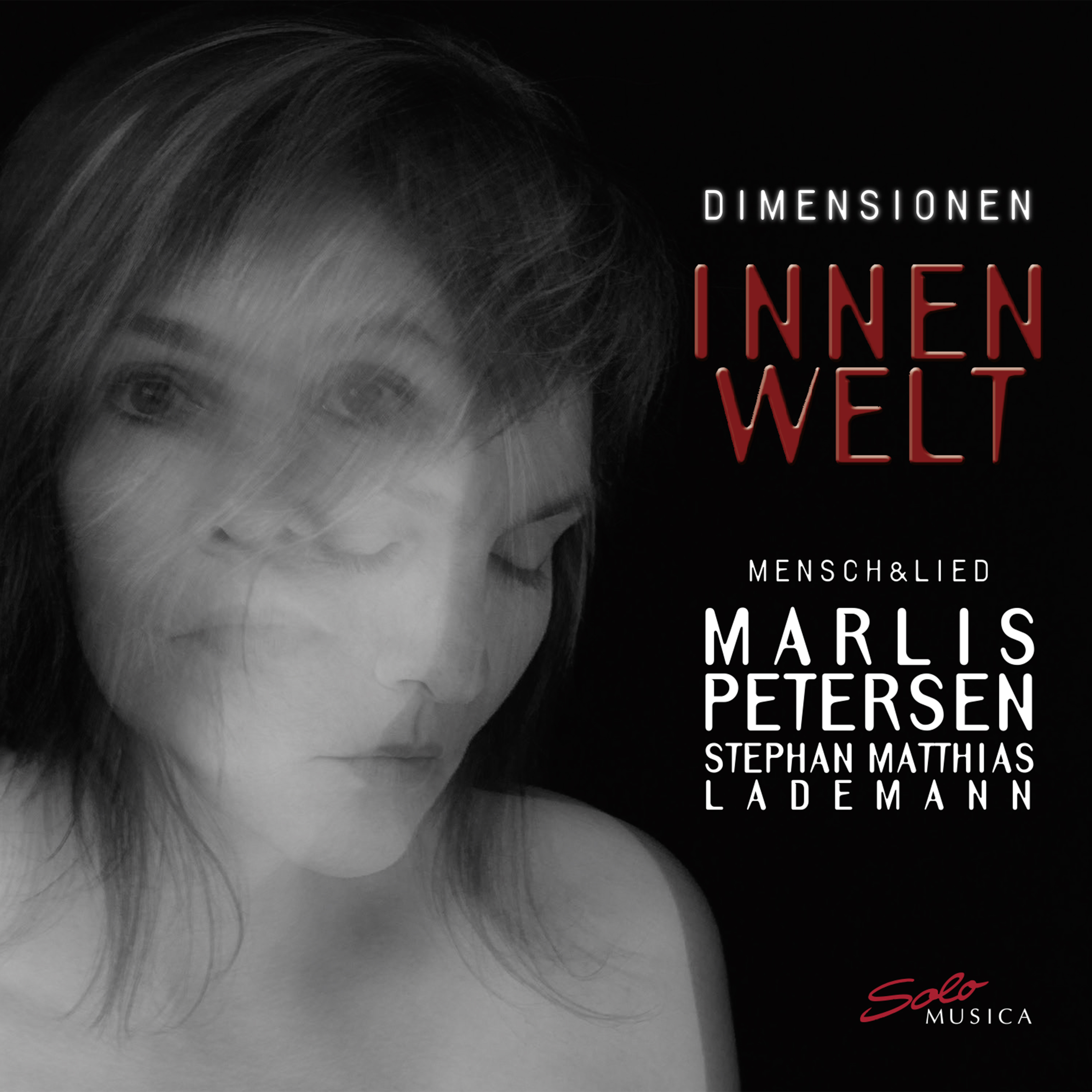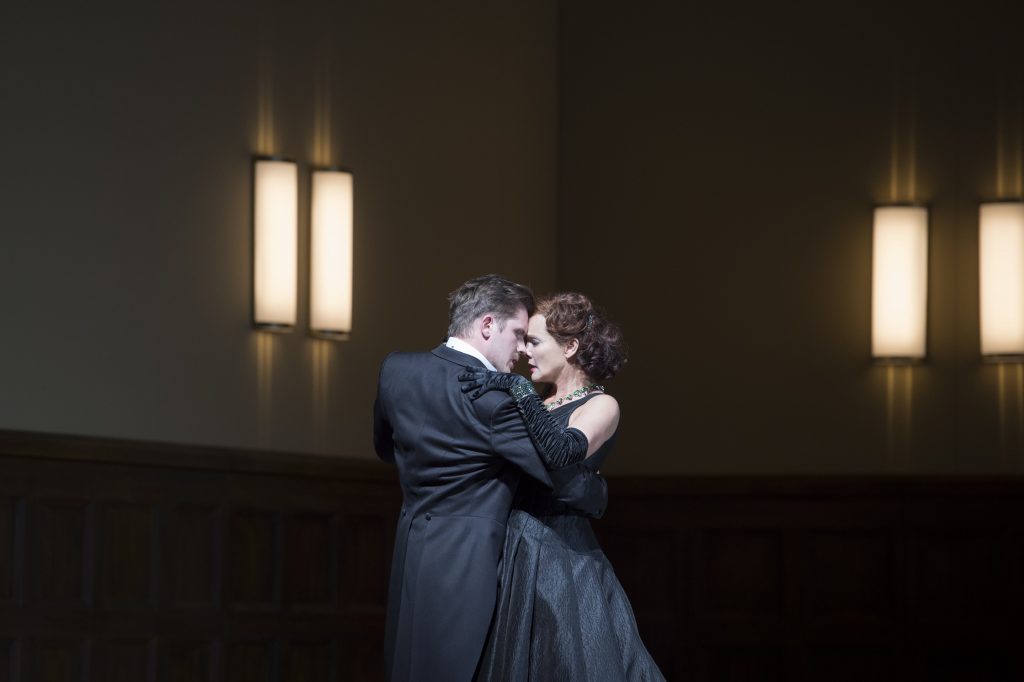As the first anniversary of the coronavirus lockdown draws nearer, thoughts turn to sounds, people, and performance, to that which has yet to be seen, yet to be saved to memory, yet to be savoured (one hopes) and shared with others. It’s interesting if somewhat frustrating to also consider, in light of varying restrictions across countries and continents, what stagings are, in fact, happening, which ones might still happen, when, where, and to consider how they might be presented, in both theatrical and sonic ways. What is “familiar” anymore? In light of the huge amount of streaming happening at the moment, I’ve been thinking a great deal about how reception and consumption of the live experience, within both virtual and live realms, will have changed as theatres slowly reopen and we are allowed to be together once more. How might one’s relationship with certain pieces of music, and their related performance(s), have transformed through these past months (/ year)? How much have perceptions of music both familiar and not changed? What elements of scoring, vocal writing, instrumentation, interpretation will come to the fore, and which ones might have faded? Will our critical faculties have sharpened, or will they be silenced in a tidal wave of gratitude? Will the wave be quite so big if the sound is slightly (or noticeably) smaller, rearranged, or (that hackneyed word) reimagined? A written feature on reduction and rearrangement which I wrote recently for a magazine broadened the scope of such meditations and opened doors to deeper ones (i.e. the ways in which we receive and experience sound in various spaces; expectations and planned versus planned ecstasies; the way cultural experience is irrevocably altered amidst the breathing, spluttering reality of presences). The possibilities for exploration are tremendous, and very timely – so, more on that in future posts, hopefully.
Suffice to say few creative and compositional outputs better capture such considerations than those of Richard Wagner (1813-1883), whose dense orchestrations and innovations, combined with a philosophical-musical ethos and notion of Gestamtkunstwerk force such questions. Such are the contradictions of Wagner’s works, life, and character, that these philosophical meanderings tend to produce more questions than they answer, and tend to awkwardly if accurately mirror back the contradictory nature of our own times. There is, unsurprisingly, a cosmos of literature on Wagner, and everything relating to him. The work and the person who wrote them can be fiendishly, ferociously inseparable; artist, man, and music have been analyzed, explored, discussed, debated, framed, reframed, deconstructed, recontextualized, and reconsidered. The contradictions and controversies of his character, combined with the dense layers within his creative output, which mingle with the philosophies of Schopenhauer, Feuerbach, Bakunin, Nietzsche, and Buddhism, have haunted generations of musicians and scholars. Alex Ross, music writer at The New Yorker, wrote in his latest book, Wagnerism (Farrar, Strauss, and Giroux, 2020), that Wagner’s work was, for the Nazi regime, “the chief cultural ornament of the most destructive political regime in history” – an inarguable fact. Yet Giuseppe Verdi, born the same year as Wagner, said of Tristan und Isolde (composed 1857-59; premiered 1865) said he stood in “wonder and terror” before it, that he could never quite grasp the fact that it had been created by a mere human being – this from a composer who was not a fan of either the man or his music – and yet… and yet. Within such contradictions sits an ever-shifting portrait, one that will never be finished, never be suitable for framing, and never hang quite perfectly. Those who love the work of Wagner love it, and the same can be said of those who don’t; their vehemence is equally strong. It’s difficult to be neutral, just as it is difficult to be unconflicted; how can the man who wrote such beautiful things (like Tristan) have also written such hateful things (the hideous essay Das Judenthum in der Musik, or Jewishness in Music, published in 1850)? There is, perhaps, no real solution, and we are left with ever-shifting thoughts and ideas on the music, which shifts and alters, like waves of the Rhine, according to experience, education, exposure, and individual explorations within and outside of culture.
Der Ring des Nibelungen (The Ring of the Nibelung, or The Ring), written between 1848 and 1874, is, specifically, a cycle of four operas (Das Rheingold, Die Walküre, Siegfried, and Götterdämmerung) but more broadly of course, is one of the most famous pieces in the opera world, requiring large forces to explore epic and intimate (if ever-applicable) themes of greed, power, love, betrayal, family, forgiveness, transformation, and much, more more. Record producer John Culshaw, who was behind the very first full recording of The Ring (in 1958, for Decca) wrote in Reflections on Wagner’s Ring (Secker and Warburg, 1976) that its enduring popularity and central position within the opera world (to say nothing of the position it holds within the hearts of many opera fans) is that “it is about each one of us, and all of us. It is about humanity, and that is why it is important.” That line comes off like a bit of ad copy in our cynical age, and yet the sheer volume of material inspired by the work, the energy expended by countless artists, scholars, educators, thinkers, fans, detractors, hints at the great river of human experience with which Wagner himself so vividly paints in sounds, one which still carries so very many. Numerous planned versions of the famed tetralogy set for 2021 had to be shelved, among them an in-concert version (two complete cycles) by the London Philharmonic Orchestra, featuring a stellar cast (which would have included Matthew Rose and Brindley Sherratt), and a highly anticipated production by director Valentin Schwartz for the Bayreuth Festival, which, this summer, is planning a scaled-back version of its usual giant self, like so many other festivals and institutions. In the meantime, there are streams, and there are words, and though they are not, in any way, substitutes, they do provide a modicum of relief to the thirsty Wagnerians keen to drink from the sonic swell. Various facets of The Ring (musical, theatrical, theoretical, mythological, mystical, etc) are explored through thousands of different works and scholarship. Musicologist Carl Dahlhaus made a very prescient observation in his famous 1971 work, Richard Wagner’s Music Dramas (Cambridge, trans. Mary Whittall):
Over and all around the simplicity of the myth, and the vigour and sometimes violence of the stage action, there lies a musical commentary, a texture woven from many motives, the most outstanding characteristic of which is precisely that complexity of thought and reflection […] The listener needs to be able to distinguish the musical motives, the ’emotional signposts along the drama’s way’, as Wagner called them, to recognize them when they recur, and to keep track of them as their relationships and functions change, if the music is not to roll on as the ‘torrent’ that the classicists among its denigrators have called it. It is only after reflection, and the suspension of reflection, that an emotion arises together with a power of musical observation that is more than aural gawping.
That “aural gawping” is such a deliciously tempting activity to engage in amidst the drudgery of lockdown; what’s wrong with a gawp now and again, really? Nothing I suppose, but if that’s all your after, you might be missing a thing or two, and that’s a pity; one’s experience of something as wide-reaching as The Ring might be most rewarding when it is just that – wide-reaching – and shot through with the kind of exploratory spirit with which the composer himself applied to its creation.
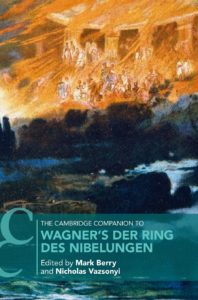 The Cambridge Companion to Wagner’s Der Ring des Nibelungen (Cambridge University Press, 2020), released late last year, is an insightful, highly readable collection of essays edited by Mark Berry and Nicholas Vazsonyi, two distinguished Wagner scholars and dedicated Wagner fans, which explores the tetralogy from a variety of illuminating and diverse angles. With related printed music sections, the book is divided into smart sections (Myth, Aesthetics, Interpretations, Impact) which offer solid musicological analyses which integrate composer anecdotes and quotes, cultural reference points, and contextual history. Its editors also provide thoughtful explorations and an array of viewpoints. Co-editor Mark Berry is Reader in Music History at Royal Holloway, University of London, and has authored a number of books on music, including After Wagner: Histories of Modernist Music Drama from “Parsifal” to Nono (Boydell Press, 2014) and a biography of Arnold Schoenberg (Reaktion, 2019); he is the Recipient of two music prizes (the Prince Consort and the Seeley Medal, for his work on Wagner) and keeps an excellent, music-focused website. Nicholas is Dean of the College of Architecture, Arts and Humanities, and Professor of German at Clemson University in South Carolina. He has authored works on Goethe and Wagner, and acted as editor of Wagner’s Meistersinger (University of Rochester Press, 2003) and The Cambridge Wagner Encyclopedia (Cambridge University Press, 2013). On a recent wintery day, with Mark in the United Kingdom and Nicholas in South Carolina, we discussed both the book (and its creation), as well as just a few of the great many issues in and around Wagner, and just how and where his music and the challenges of our Covid era might intersect. We began by discussing how work is used as a kind of “escape” route from family, which led to ideaas on escapism particularly applied to the works of Richard Wagner.
The Cambridge Companion to Wagner’s Der Ring des Nibelungen (Cambridge University Press, 2020), released late last year, is an insightful, highly readable collection of essays edited by Mark Berry and Nicholas Vazsonyi, two distinguished Wagner scholars and dedicated Wagner fans, which explores the tetralogy from a variety of illuminating and diverse angles. With related printed music sections, the book is divided into smart sections (Myth, Aesthetics, Interpretations, Impact) which offer solid musicological analyses which integrate composer anecdotes and quotes, cultural reference points, and contextual history. Its editors also provide thoughtful explorations and an array of viewpoints. Co-editor Mark Berry is Reader in Music History at Royal Holloway, University of London, and has authored a number of books on music, including After Wagner: Histories of Modernist Music Drama from “Parsifal” to Nono (Boydell Press, 2014) and a biography of Arnold Schoenberg (Reaktion, 2019); he is the Recipient of two music prizes (the Prince Consort and the Seeley Medal, for his work on Wagner) and keeps an excellent, music-focused website. Nicholas is Dean of the College of Architecture, Arts and Humanities, and Professor of German at Clemson University in South Carolina. He has authored works on Goethe and Wagner, and acted as editor of Wagner’s Meistersinger (University of Rochester Press, 2003) and The Cambridge Wagner Encyclopedia (Cambridge University Press, 2013). On a recent wintery day, with Mark in the United Kingdom and Nicholas in South Carolina, we discussed both the book (and its creation), as well as just a few of the great many issues in and around Wagner, and just how and where his music and the challenges of our Covid era might intersect. We began by discussing how work is used as a kind of “escape” route from family, which led to ideaas on escapism particularly applied to the works of Richard Wagner.
The notion of escapism keeps popping up in various recent exchanges; people are desperate for it in some form. That notion is especially active in online opera groups, with some input revealing some clear continental divisions of the “role” opera should have right now. In your book, Anthony Arblaster writes in his essay (“The Ring as a Political and Philosophical Drama”) that Wagner “never intended that his music dramas should be mere entertainment”– how much can the idea of escapism be applied, or should it?
Mark: I suppose, quite apart from any normative end to it, I agree with Wagner on that – it’s a peculiar choice of what you want to sustain. People can escape into anything if they so wish, but it would seem there would be better choices! I can’t quite see what one would be escaping from, some ghastly Lord Of The Rings style perhaps. I know lots of people like it but I can’t stand it, it’s something that doesn’t seem to have any real association with anything in and of itself. Perhaps they like watching people wear strange helmets and such, but it really doesn’t seem to be what Wagner is about. And I’m sure there is some element of geographical distinction in that respect. I don’t think it’s so crude as saying, “One side of the Atlantic thinks this; the other side thinks that” and presumably this country (the UK) is floating in the middle, but I guess there are differences in theatrical understanding, certainly with German theatre, in not just musical theatre but in an operatic sense. More generally, I’m not convinced that I’m capable of going to the theatre and just relaxing, and doing it in a noncritical way. Obviously I’m not going to the theatre at all at the moment…
Nicholas: I think it’s great how Mark and I work so well together and yet we see the world differently, yet it all works somehow. What I would say is, and this is not disagreeing with him at all, but to approach it differently, is to say there are so many layers to Wagner. It’s layer on layer on layer, and one of the things – it’s Wagner’s fault, he did have guys there in helmets and breastplates – is that on a surface level you really can just approach Wagner that way, if that’s what you are looking for. One of the classical examples of Lohengrin is set in an historical period; generations of Wagner scholars have nothing better to talk about than the MIddle Ages and Christianity and that, and Wagner clearly says, Lohengrin is about the modern artist, it’s about the journey for the artist! Peel away a couple layers of the opera, and that’s what he’s talking about: the displacement of the artists in modern society. It doesn’t look like that at all if you read the text as-is, but it also requires a certain kind of approach and a certain kind of work, to not just accept that surface layer. I think that’s what stage directors have been doing for twenty, thirty years now, not accept that level, and try to present to us different ways of approaching the incredible depth of these stage dramas he has created.
Barry MIllington’s essay (“Notable Productions”) is really helpful in this respect, having been raised to the Otto Schenk vision of Wagner but not being a great fan of it. Learning about different presentations highlights the layers you mention, Nicholas, but also points up the heightened reality of Wagner’s writing, which seems spiritual in nature. It’s one that feels quite relevant to now…
Nicholas: The Ring is always for now…
… but most especially right now, at this time in history…
Nicholas: Well, what I would say – I don’t want to completely get rid of Otto Schenk, though Mark will now disown the friendship! – but I came to opera when I was ten, eleven, twelve years of age, I didn’t see a staging until I was twelve, and I’m not sure I would’ve been ready to see Chereau’s staging then, as a twelve-year-old. One of the problems in the opera world is that the audiences are getting older and older, and certainly I don’t want Schenk now but actually, it’s the Schenkian approach to staging I think I probably needed in my early teens in order to have that gateway into the works, and it kept me coming back for more. I needed and wanted more and when I was ready I got it. I remember the shock of seeing The Magic Flute with Ruth Berghaus’s staging (Oper Frankfurt, 1980), and it was not all the Flute I imagined! I was ready for it – by that time I was in my late teens and I’d spent almost ten years with opera thinking about it – so I was ready for that, it was unbelievable to me, the turning-on-its-head of the Flute I thought I knew, and that wasn’t the most extreme I’ve seen subsequently. It’s another opera that has all these layers which, if you dig, are there for unpacking – but there’s that escapist layer that is perfectly okay for many, many people.
Mark: I suppose one thing I’d say, and I think that’s all fair enough as I do with whatever Nicholas says, is… I’m not entirely convinced that Wagner is really for children in the first place. Not that I wish to ban them from going, but maybe there are some things in The Ring, or Lohengrin, or… I mean, I can’t see much for children in Tannhäuser either, but then again, I don’t know, maybe they like it! And there’s nothing wrong all that but I do think there’s a danger in that something like Schenk or whatever, might be presented as somehow without interpretation, as though it is somehow actually a sort of literal working to a recipe that Wagner presents, when it is actually a transformation of something into something else, a Disneyfication, and that is *not* neutral.
It’s not the “neutral” or somehow “pure Wagner” presentation some may perceive it to be.
Mark: One might say, “Well lots of children like to watch Disney, therefore it’s a good idea” – I don’t know, but I’m not convinced. I came to these things through listening to them, following the libretto in translation, either with the CD or with a score, and I knew the things I heard and read produced images in my head which were pretty much literally according to what I saw in the stage directions. I was a teenager then, and I suppose different people come in different ways; people will come from a theatre background who will be perfectly conversant with contemporary theatre, and may have a tendency to actually see the absurdity of a “traditional” production or whatever one wants to call it. If opera is just people sitting around in helmets shouting at each other, it may or may not be for people who are coming at it from elsewhere.
… and that notion of “elsewhere” matters! Every year I play my students bits of classical music; one of those pieces is Peter And The Wolf. In the seven years I’ve been teaching this course, three students had heard of it – that’s three out of hundreds. Many like them will be “coming from elsewhere” to The Ring and it’s nice to read your acknowledgements about feeling daunted as a newcomer, but to also “try and see it performed. Even bad productions and performances will contribute to your understanding of the work.”
Mark: That (live) experience is important, but of course it’s quite at odds with how I came to it! I guess it’s only how I would do it now. I’ve changed partly because I’ve had the chance now, which I didn’t have when I was younger, to go to a lot of theatre and concerts. I started out at home listening to something.
Nicholas: That’s also how I came to opera, at home, listening and following the score, but I speak for both Mark and myself when I say that that is not normal…
Mark: No, it isn’t!
Nicholas: the other thing is, access – we say, “go see if you can” but it’s easier said than done. Unless you are sitting in a major world capital or living in Bayreuth or nearby, it’s a challenge, to get to The Ring in any case, and opera in general is not cheap; unless you’re in a metropolis there’s very little opera to see.
Mark: … but in Germany, in general, to be fair, you don’t have to be (to see live presentations).
The essays in your book are organized in a very good way, for both newcomers and experienced fans; how did you decide on the chapters and why?
Mark: Well really, you don’t want to know how a sausage is made!
Yes I do!
Nicholas: It felt like a very organic process, what we were doing; we’d been relegated to Zoom and Skype because we were only rarely in the same place at same time, but we developed it. I would be hard-pressed to recall whose idea was what.
Mark: I think probably to be fair, Nicholas actually came up with more of the initial suggestions than I did, and we discussed them, but I think Nicholas had some conception of an overall plan which we then worked on. There were things we might’ve loved to include, things which, in the end, didn’t quite work out for whatever reason; there’s always going to be that element, particularly in something such as this. Frankly we could’ve made twice the length if we’ve been able to, it wouldn’t have been difficult to come up with twice as many chapters – but looking back it seems quite an organic thing.
Nicholas: The other issue of course is that although we have a concept of how each chapter would be, that’s not necessarily what was delivered. That was a tough thing for us: do we just let the authors have their way, so to speak, even if it’s taking the book in a slightly different direction? Or do we want to exercise our editorial power to interfere with that process? Or do we want to mould the article for the chapter? We had examples of all of these, and the authors responded in kind to our interventions. Not all of it was clean and fun – some of it was a little bit messy – but I’m very glad you like the results.
It’s incredibly illuminating and I really appreciate, as someone whose music studies are ever-evolving, the clarity and variety of both voices and subject matter here.
Nicholas: It was very important, in the process of development, that certain things be covered one way or the other, but first of all to have things written in such a way that it would not be excluding a possible audience. I think that’s a problem with a lot of academic writing, people can be exclusionary, and very elitist, in the worst possible way.
Yes, some music writing I’ve come across has felt highly exclusionary! I don’t find the writing of Alex Ross to be so, but it can be dense; Wagnerism (Farrar, Straus & Giroux, 2020) was released at roughly the same time as your book, and I found it challenging to engage with certain sections which felt steeped in the specificity of American culture and American cultural figures – that’s not a criticism so much as a reflection of my ignorance, probably.
Nicholas: I think Alex Ross had a very different vision from our book, and it’s encyclopaedic in its own way; it has all the strengths and weaknesses of an encyclopaedia. It is a great book, though.
It is! I found it tough-going though educational.
Mark: Exactly – I learned a great deal from it too, not only in connection to Wagner, but to figures I didn’t know of at all. Alex is doing a different thing and he writes from a different standpoint, which for me and Nicholas, as we were saying, well… everybody is coming at this from different ways. The Rest Is Noise (Picador, 2008), for instance, is a history of 20th-century music which I think is written from very much an American standpoint, and this side of the Atlantic one notices that more than if one were on the other side, yes. But I’m sure the same could be said of what I’m doing or anybody else, none of us is without a past, none of us is Parsifal or some hero coming out of nowhere.
That whole sense of writing from nowhere doesn’t really exist, and most especially not with someone like Wagner; I appreciate you tackling that from the outset. Was it intentional?
Nicholas: I think, in my section in the introduction, that comes from personal experience, in talking to educated people who know nothing about Wagner but think they do know something – these conversations with educated people who thought Wagner was alive during the time of the Third Reich, for instance, were shocked to learn that he was not alive in the 20th century, and so that’s why I just wanted to list all these things right at the beginning and tackle them head-on, not that you can really deal with them – and especially the antisemitism issue, with any degree of resolution.
Mark: I think the only problem I have with that sort of thing is when, if the antisemitism – like racism more generally, on these sort of critical studies – if one isn’t careful, it becomes a way of closing things off rather than opening things up. Clearly these are issues that want to be discussed and demand to be discussed, in particular moments; in the wake of the Third Reich how can one not actually want to look at what has opened up here? But the problem is, there’s a sort of childishness at the moment, i.e., one sees something programmed and then says, “That’s racist, take that off!” – well, that doesn’t seem a remotely helpful thing to do. I mean, what isn’t racist in a racist society, ultimately?
That is a pertinent issue to many festivals right now; I saw something an exchange online about Glyndebourne recently in this vein…
Nicholas: I’ve been there once, and it’s unbelievable to see the remnants of the British Empire on full display, the picnics and the way they dress…
Mark: I think it’s a bit more the local golf club thinking they are fancy, though; I think these people are not what they think they are, necessarily!
Is that not sentimentality though? That sentimentality for a highly edited version of the past to make oneself more comfortable in one’s present time, country, situation? My issue as it relates to Wagner is that such sentimentality really works against his the actual nature of his output.
Nicholas: I agree but… the potential to read nationalism into Wagner is not a complicated step to take. Even if that’s not “my” Wagner… but you know, there is also lots of peoples’ Wagners, I think that’s the point Alex Ross is trying to make – in a lot of words! – and one which is very true, is that there are a lot of Wagners, and have always been, since the time of Wagner himself. He turns up in the most unlikely places, and functions, or represents, something for people very different ways, depending on where they are coming from. At the beginning of this chat with relation to escapism vs genuine interaction with Wagner, I’m not sure there is any such thing. To go back to me as a twelve-year-old, when I heard the First Act of Walküre on a recording I had no idea what I was hearing, I didn’t know the story, didn’t know about incest or any of it, all I can tell you is, I said to myself, “What is this music?! I can’t get enough of it!” I was just swept away by this flow. It was an uninterrupted hour of unprecedented – that’s the word of the year isn’t it? – an unprecedented hour of music and drama.
Iain Paterson as Wotan and Nadine Weissmann as Erda in Frank Castorf’s 2014 production of Das Rheingold at Bayreuth. Photo: (c) Enrico Nawrath/Bayreuther Festspiele
Mark: This compartmentalization, not just of Wagner but of cultural life in general, is undesirable. A lot of directors are bound up with how a lot of people receive culture, and now, everything now is on the internet – people go search for whatever on Youtube, they don’t necessarily buy a CD with surprising things on it they can listen to and be surprised by. I think to a certain extent we all tend to go to things we think we’ll get something out of; we may like to challenge ourselves, and certainly, we like to *talk* about challenging ourselves, we like to *think* we’re good critical listeners, and to some extent we are. But if I’m given the choice of going into two productions of The Ring, which one I think I’m going to get more out of, whatever that may mean, then I’m going to choose that – but one *can* be surprised, and I think the ability to experience things, and to think about them, and to rethink them in a way one might not initially have chosen to do, so insofar as one can do that, is extremely important.
For an example, the first time I saw Frank Castorf’s production of The Ring at Bayreuth (in 2014), there were things I greatly admired, but there were things I utterly loathed and really didn’t understand. I thought I would never want to see that again, although I liked the Rheingold and parts of Götterdämmerung, but what came in-between, much less so; I was utterly shocked when I decided against my initial judgement to give it another go years later (2016) and I was utterly bowled over, often precisely by the things that I initially had loathed. I came to see a different sort of theatre being applied to Wagner than I had ever done before. I suppose it was what one broadly could call postmodern or post-Brechtian theatre – but these are such large umbrella terms; Castorf is Castorf, not just postmodern. And, it was clear (in re-seeing it) the cast had grown into it also – they were less shocked by what they were having to do. I came to understand what was going on, and so I say that of any production I’ve ever seen of The Ring, at least it’s the one that has most made me rethink the whole work; it transformed my understanding of a work I thought I knew very well, in a way unlike any other.
Nicholas: But Mark, your journey to the second viewing, think about that. Your journey is a forty-year journey, it’s one that got you to this moment, and got you ready. You needed two viewings to be ready for it: think of what that means, and what type of conversation we’re having now. It’s not that we shouldn’t have it – you shouldn’t have that experience! – but what about everybody else? Who do we need to be brought into at least a version of this conversation in order for the genre to continue to exist and be supported the way it needs to be?
That’s something I covered most recently in my last essay, where I quoted my interview with Barbara Hannigan and essentially asked (as I keep asking myself now): who are we doing this for?
Nicholas: Again, there are many levels, and there has to be a level that’s at the absolute pinnacle. My daughter is studying theoretical physics; I didn’t understand what she was talking about at thirteen, now she’s twenty, and I asked her what she’s studying and I’m stuck in the third word of her first sentence. There has to be that level (of understanding) – that’s what gets us forward, but the danger is, when it’s so rarified, it’s exclusively rarified, how do we mediate what’s important to a large group of people in order for this whole thing to be sustainable? With physicists what they are able to figure out is able to filter down, and manages to be your GPS – without Einstein and his essays at the beginning of the 20th century, we wouldn’t have GPS technology. I don’t know how this translates to the art world, but it’s a problem if only three of your students, Catherine, over six years so far, heard of Peter And The Wolf – and that’s children’s music, that’s not even Wagner.
To me that underlines basic education, or lack thereof; when school funding is cut, what’s the first thing to get the chop? I make a point to play students the music of Prokofiev, Mussorgsky, Borodin’s Polovtsian Dances, Wagner’s “The Ride of the Walküre” – things they know already but don’t know the context of and haven’t been asked to think about in imaginative ways. It personalizes the music for them, but also gives them a background.
Nicholas: “Ride” was in an AXE commercial and maybe that’s where they know it from. And they probably also know the Bridal March of Lohengrin too, I bet; those works are part of popular culture.
Mark I suppose we shouldn’t assume that everyone would be coming to that Castorf production of The Ring as I did. Maybe it was more difficult for me, coming with all the baggage I have, knowing it as I do and its performance tradition. It’s like difficulties people might have with contemporary music. I think children, in many ways, or people with less actual classical, less exposure in classical romantic grounding, find it far less of a challenge to dispense with tonality than those spending most parts of everyday practising their scales, for instance. It’s not necessarily one way.
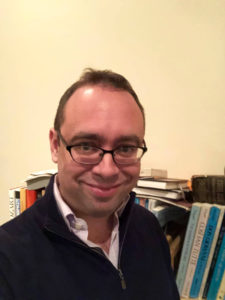
Mark Berry
And that “not necessarily one way” especially applies to whatever baggage one brings to The Ring, or how it’s thought of and written about. How did you choose the authors for the book?
Nicholas: We wanted a very broad array of voices, and I think to a certain extent we also wanted the usual suspects, but some people who’ve not had a chance to participate in the conversation a chance to do so. It was very important to have a broad range of nationalities as well, because that also colors the way one approaches the issue of Wagner.
Mark: I think that says it all, really.
Nicholas: We did want it to be relevant to today; we wanted authors who were aware of the full length and breadth of the conversation, but also brought a current perspective. And some of the issues are current, like environmentalism and the Ring. That’s a relatively new way of approaching The Ring, because … well, it’s not that new actually, but applied in this way, it’s relatively new and applied to Wagner, and it’s not really been part of the conversation.
But it’s smart – and speaking of currency then, which Wagner work then would you like to see live right now and why?
(long silence)
Mark: Having given it a few seconds’ thought, my instant reaction is I want to see the whole Ring, because it just seems to be feeding into so much of everything that is going on at the moment, and might just help me make sense of it all. Also, perhaps this is coming back to the escapism aspect -– I’ve missed it. That communal element that is so a part of theatre, that is to musical life and art in general, I think is never stronger, at least in my experience, than when you go to a performance of The Ring. Often, for example, you end up sitting with the same people for all four events and you share that experience, even physically, talk to them a bit or not at all, but at the end of Götterdämmerung, when it’s all over, it does feel like the end of a school year; you’re leaving the immediate surroundings, you’re leaving the people you’ve been going through it with, and there’s nothing quite like that in my experience.
Nicholas: Everything Mark said, and I would add to that, unfortunately that kind of confirms the escapist concept: Wagner does create a whole world, and if you go to The Ring the way he imagined it in Bayreuth, you are really sucked into that world. It’s quite a phenomenon, the coherence of that world he creates, it’s all-encompassing. There is no equivalent experience in our culture, or even has been.
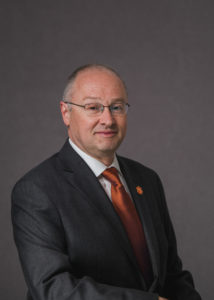
Nicholas Vazsonyi (Photo: Craig Mahaffey, Clemson University)
I love this concept of community created in real and meta ways through the direct, lived experience of The Ring. The engagement of the senses in an environment like Bayreuth seems very purposeful.
Nicholas: Absolutely, it’s why he wanted Bayreuth itself to be in the middle of nowhere, so you are drawn out from your everyday surroundings and put into this especially structured world; that’s the Disneyworld aspect of it. Even though I know Mark shudders at the comparison, it is a unified, holistic world that is there in Bayreuth; you see those people were sitting next to, see them at 2pm in one of the very few places you can eat in Bayreuth, you run into them and they are recognizable, your eyes meet, and there’s a kind of a greeting there, and you go your separate ways; it’s a feeling of community both in and outside the theatre.
Mark: That’s a festival in a very religious sense, and (Wagner) intended it to be so. Maybe he changed his mind somewhat about what it entailed, but it’s part of this form he so strenuously disassociated from the day-to-day, opera-as-entertainment aspect – it’s *not* supposed to be something you approach having had a hard day at work, going across the city on public transport, being exhausted by the time you get there, with your mind elsewhere. So yes, you could say that is escapism, you could say it’s transformative, you could say it’s aesthetic – I suppose it’s all of these things. We shouldn’t probably get too hung up on that. I’m contradicting myself from what I said earlier – which is what Wagner makes you do!
Nicholas: It’s the exact opposite of our Covid world right now, with the total absence of physical distancing. That’s the other reason of course I share Mark’s yearning for The Ring: it’s about getting as close as possible to each other.

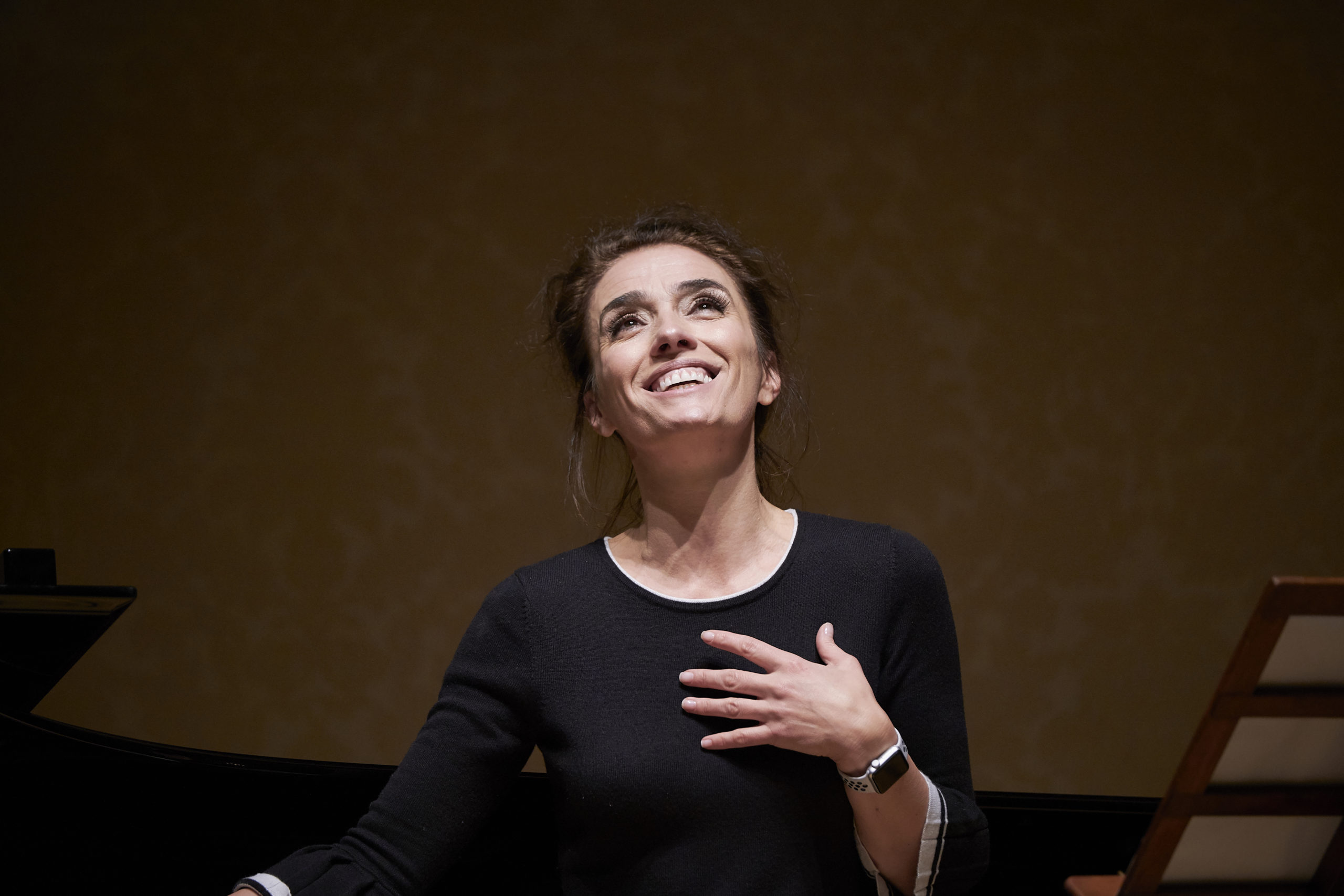
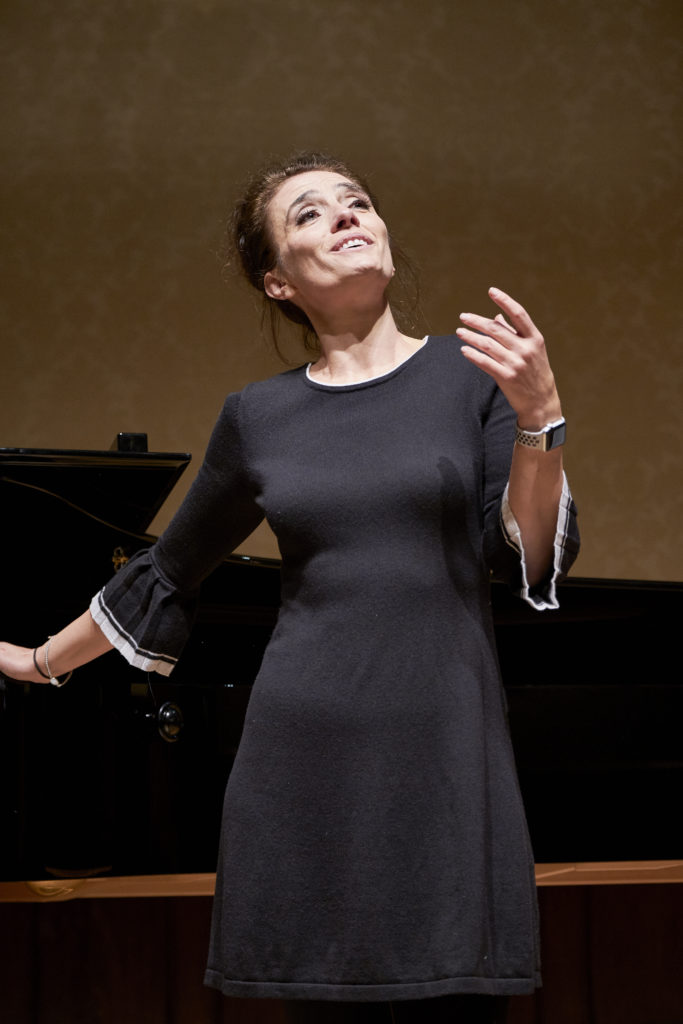
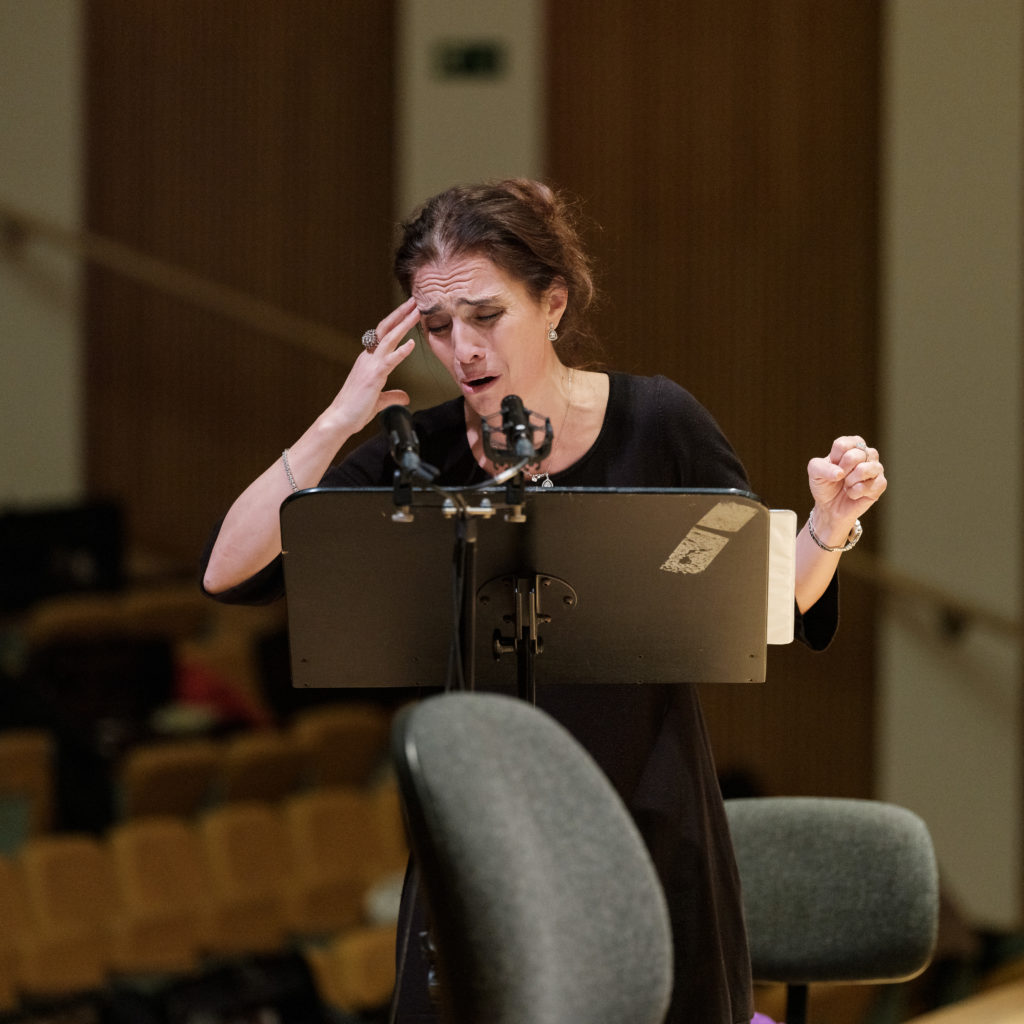
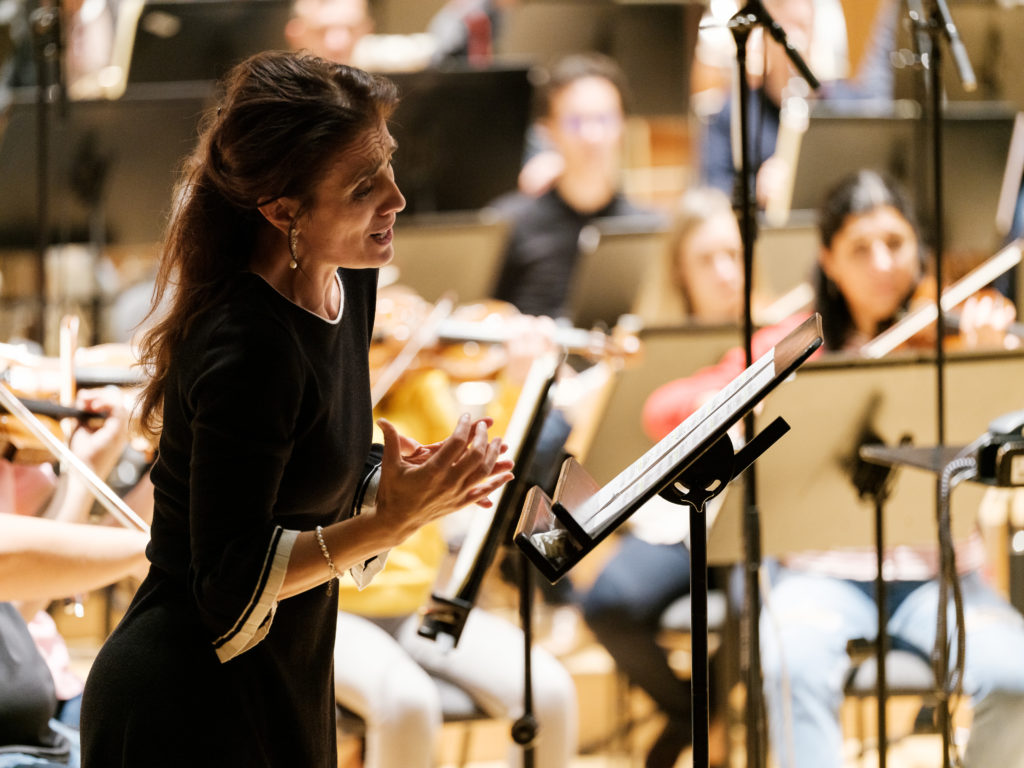
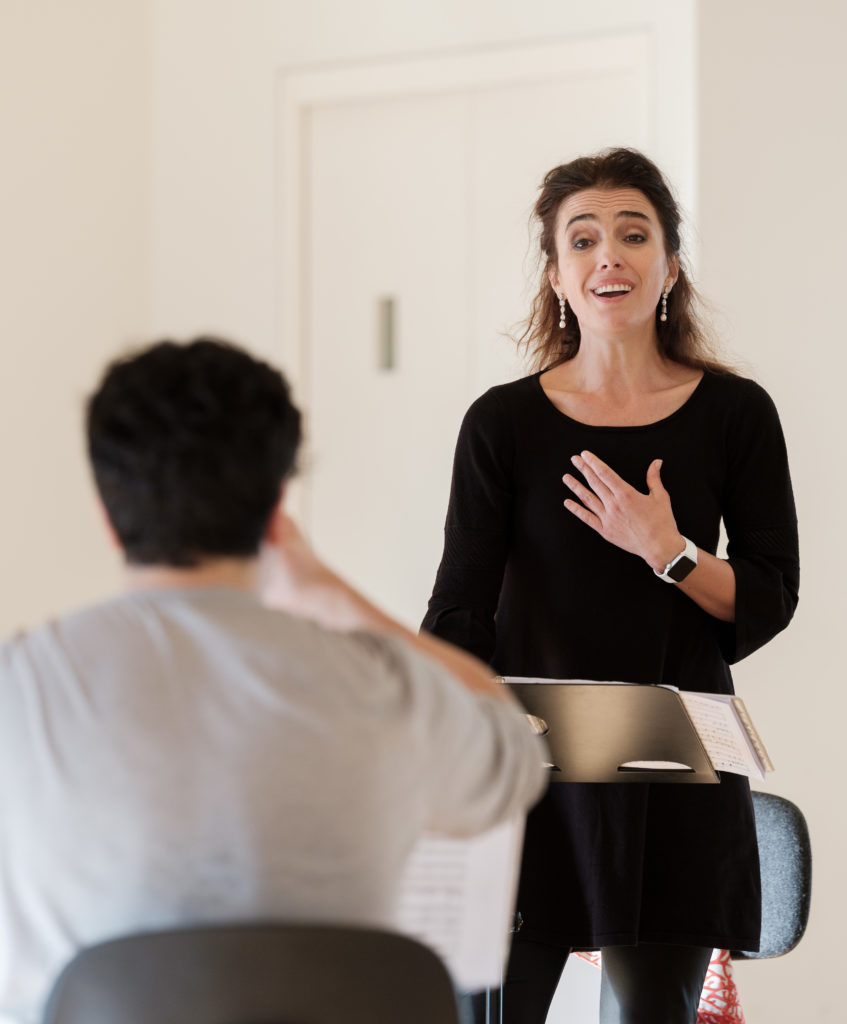
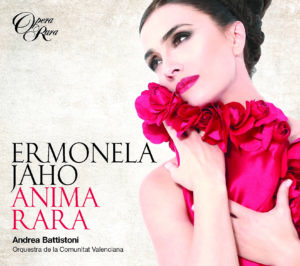

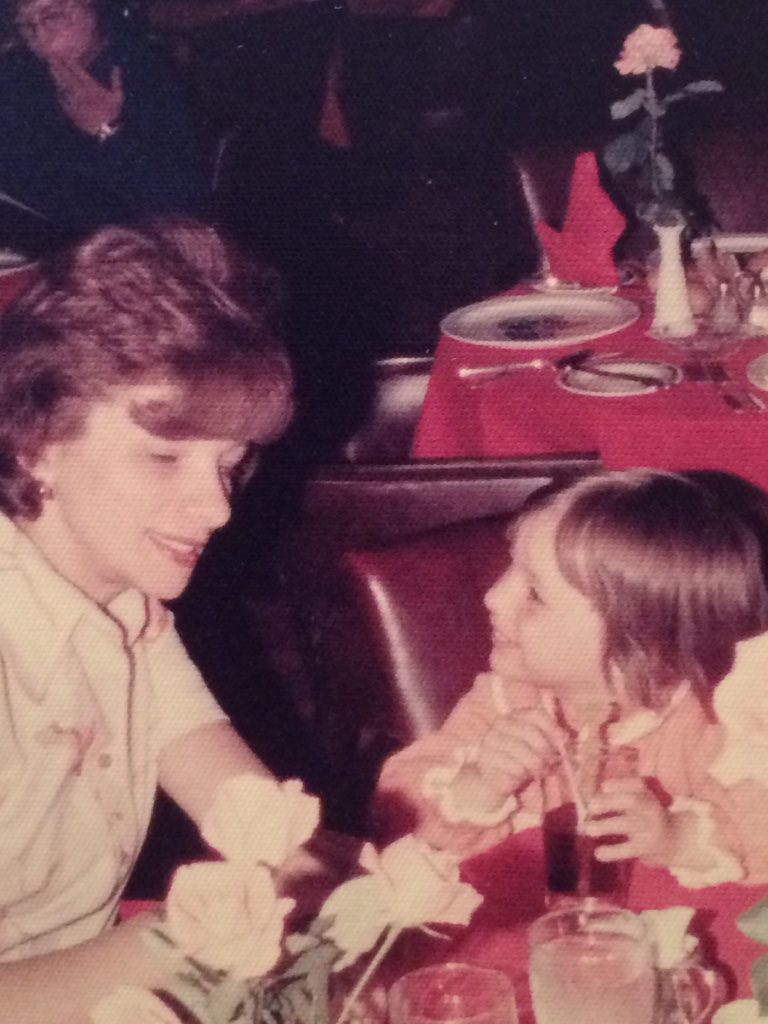
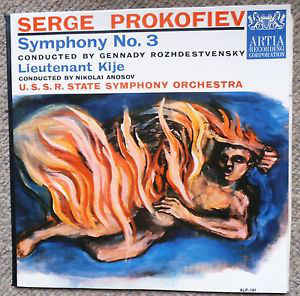 Still, I realized on some intuitive level, and partly through direct experience playing those modern works, that there was an entire cosmos I was missing. Exposure to world cinema confirmed that feeling, and led me to sounds that opened the door of discovery slightly wider; from there were trips to the local library for cassette rentals. Winter months
Still, I realized on some intuitive level, and partly through direct experience playing those modern works, that there was an entire cosmos I was missing. Exposure to world cinema confirmed that feeling, and led me to sounds that opened the door of discovery slightly wider; from there were trips to the local library for cassette rentals. Winter months